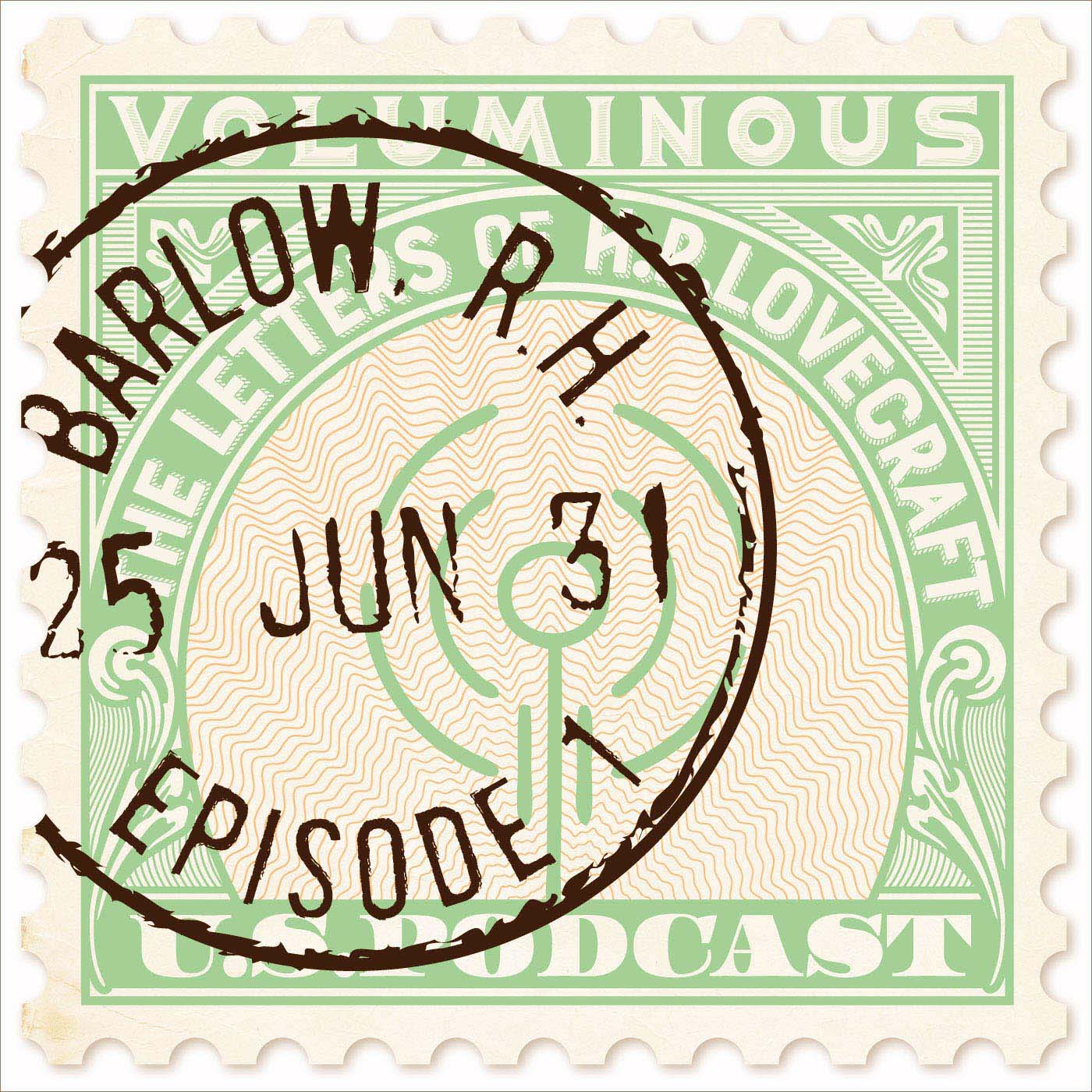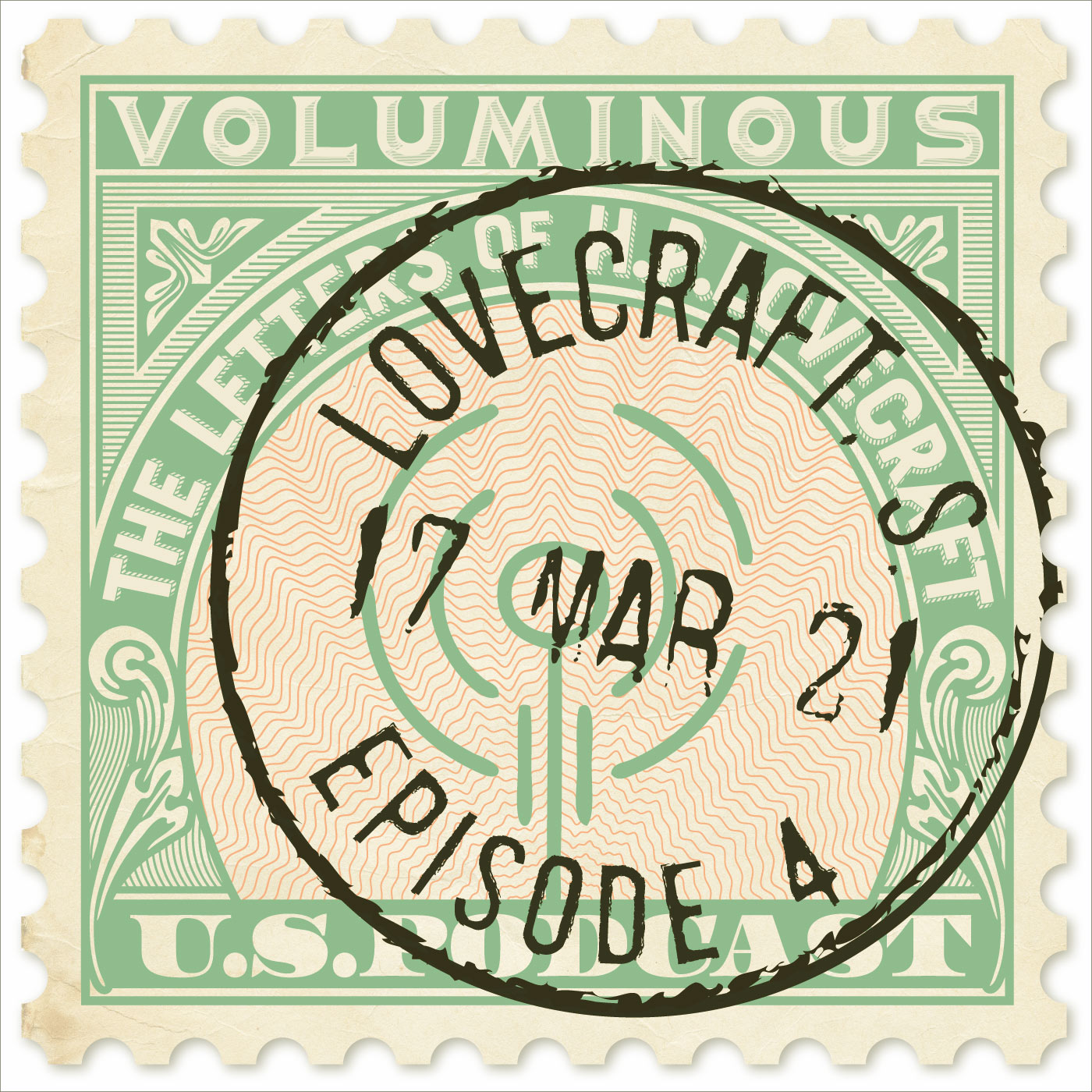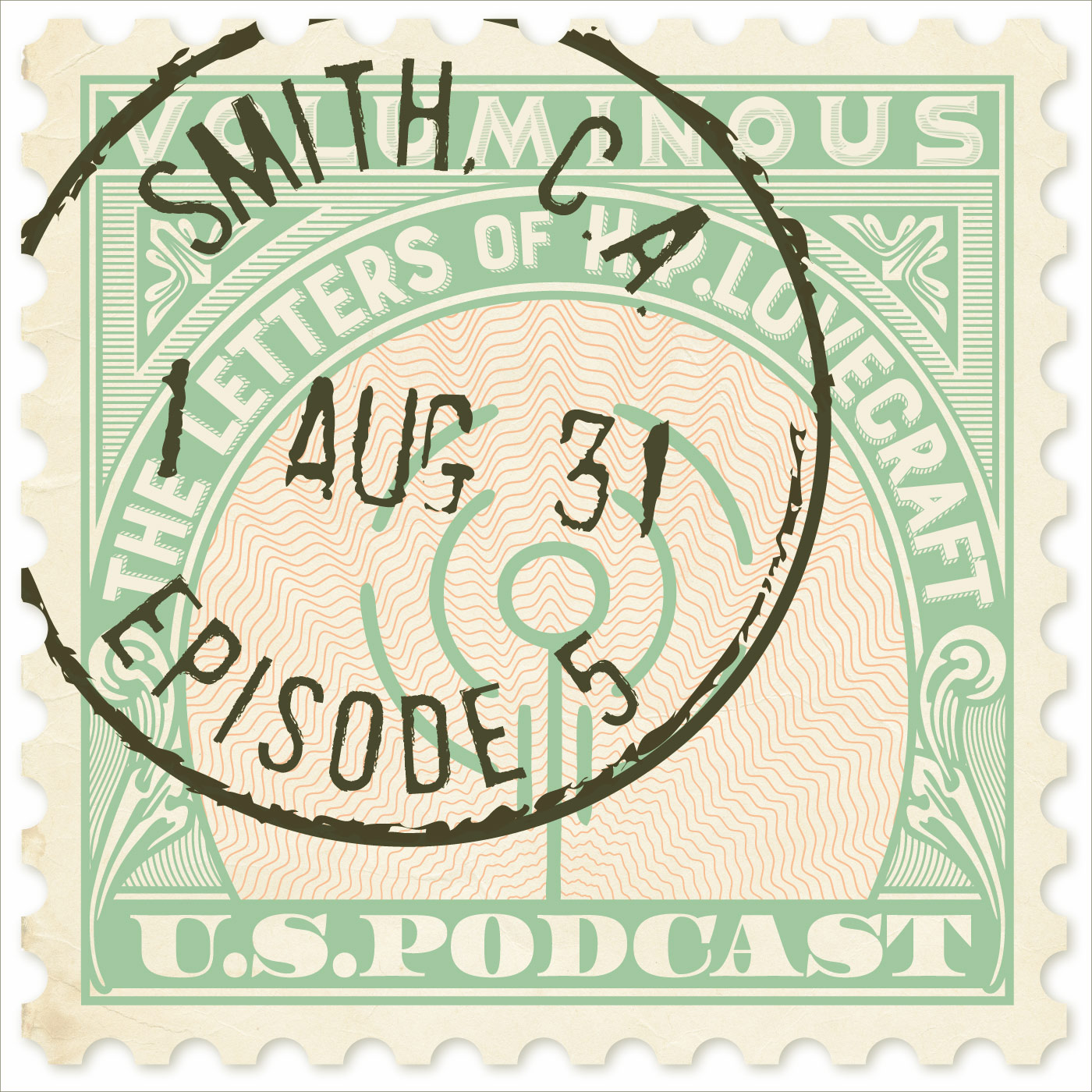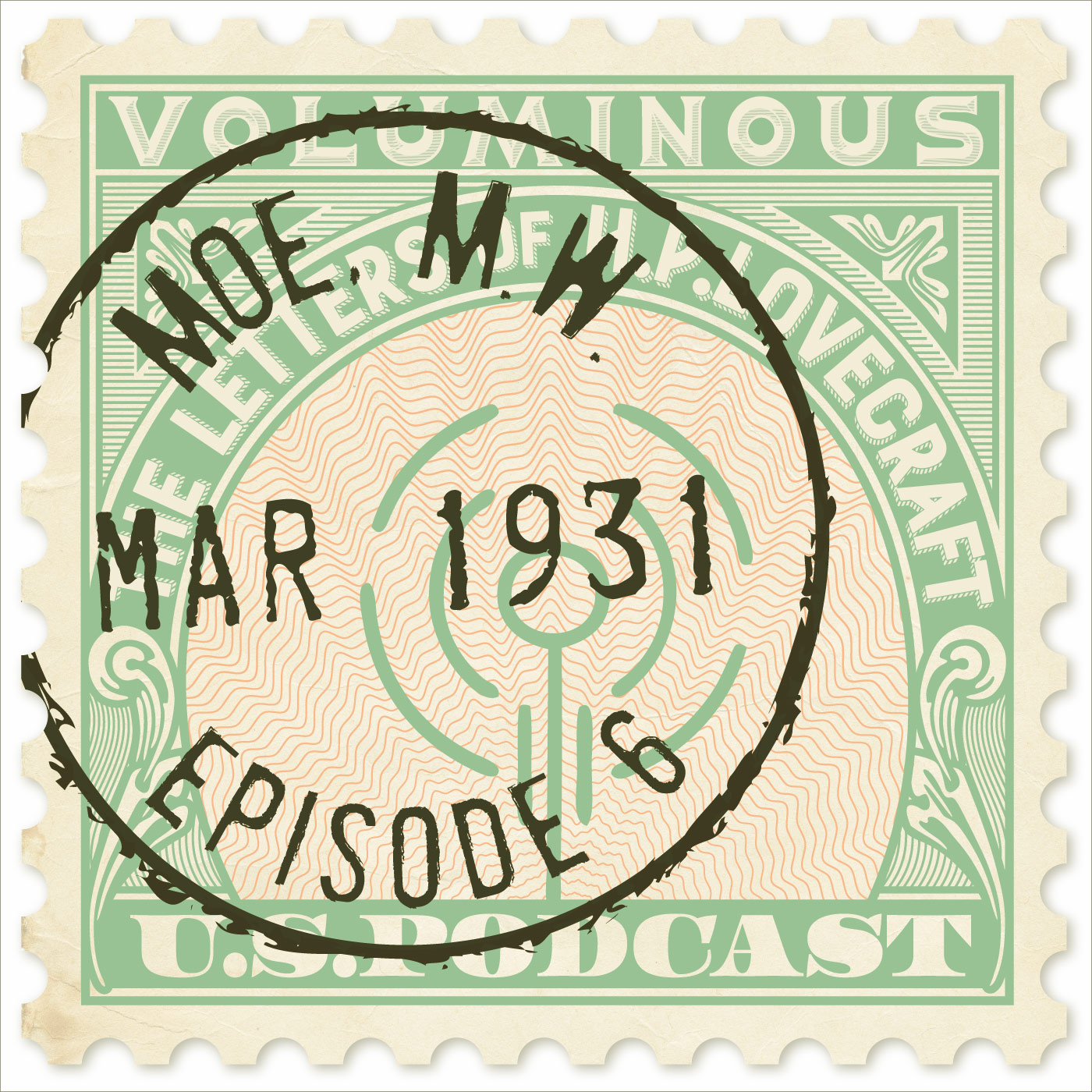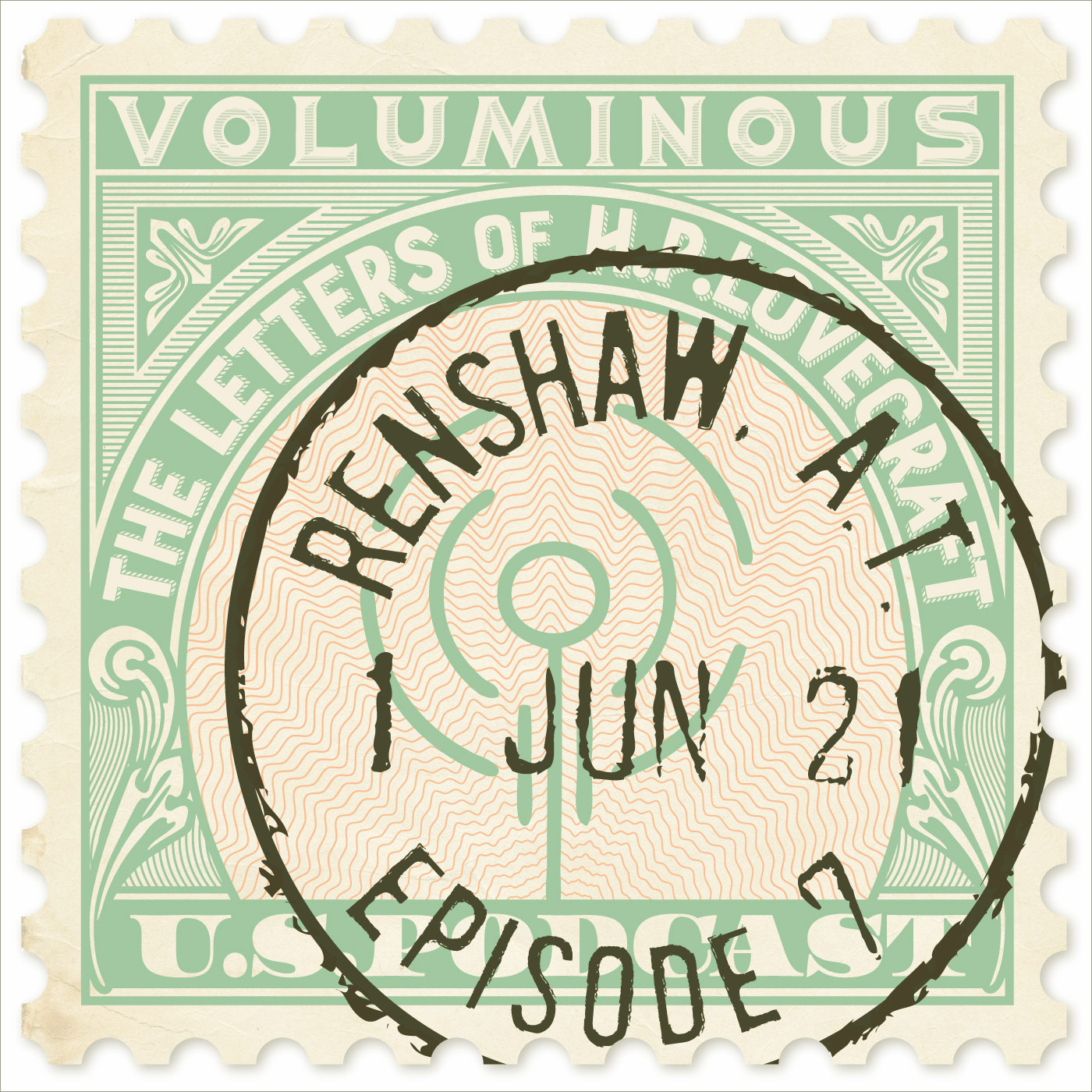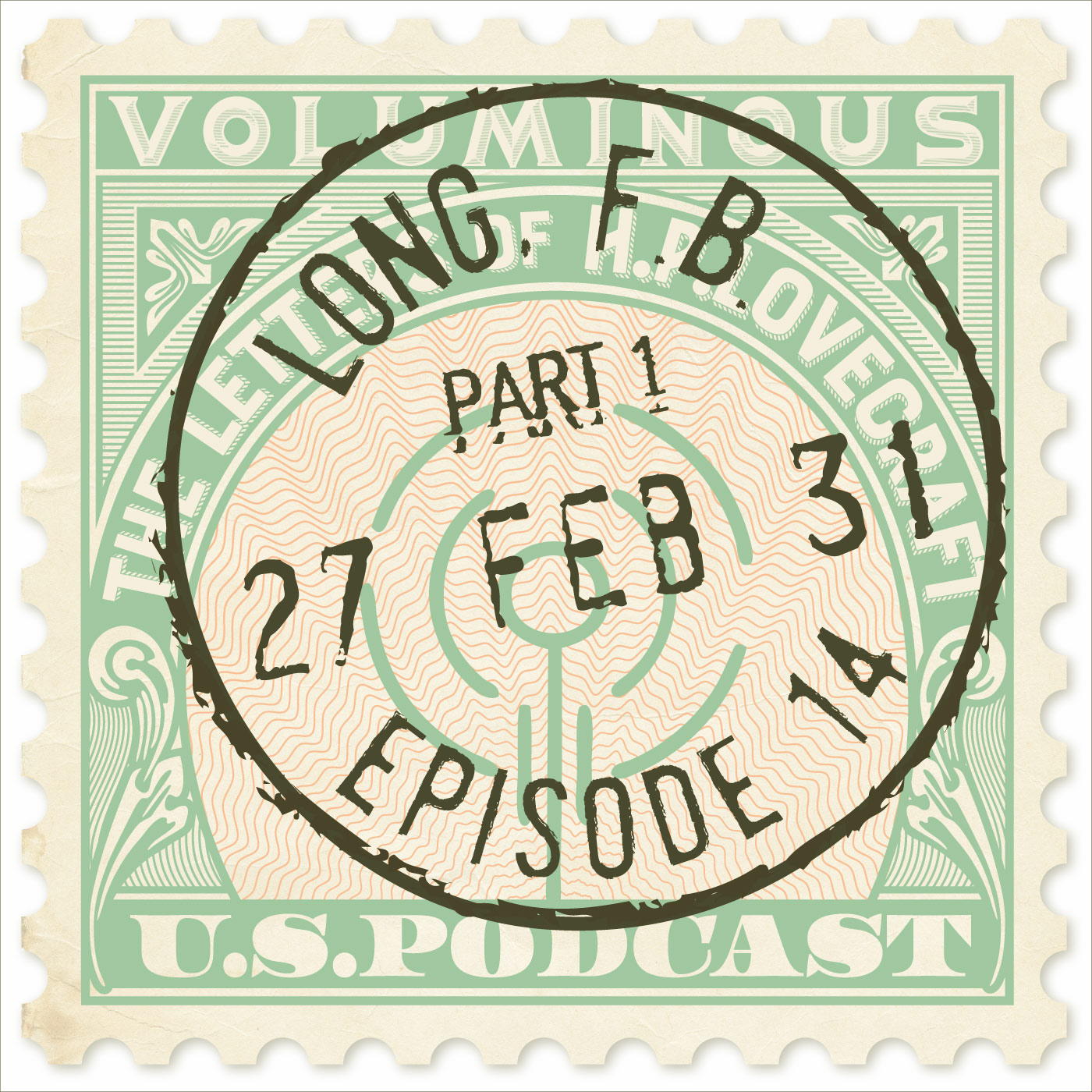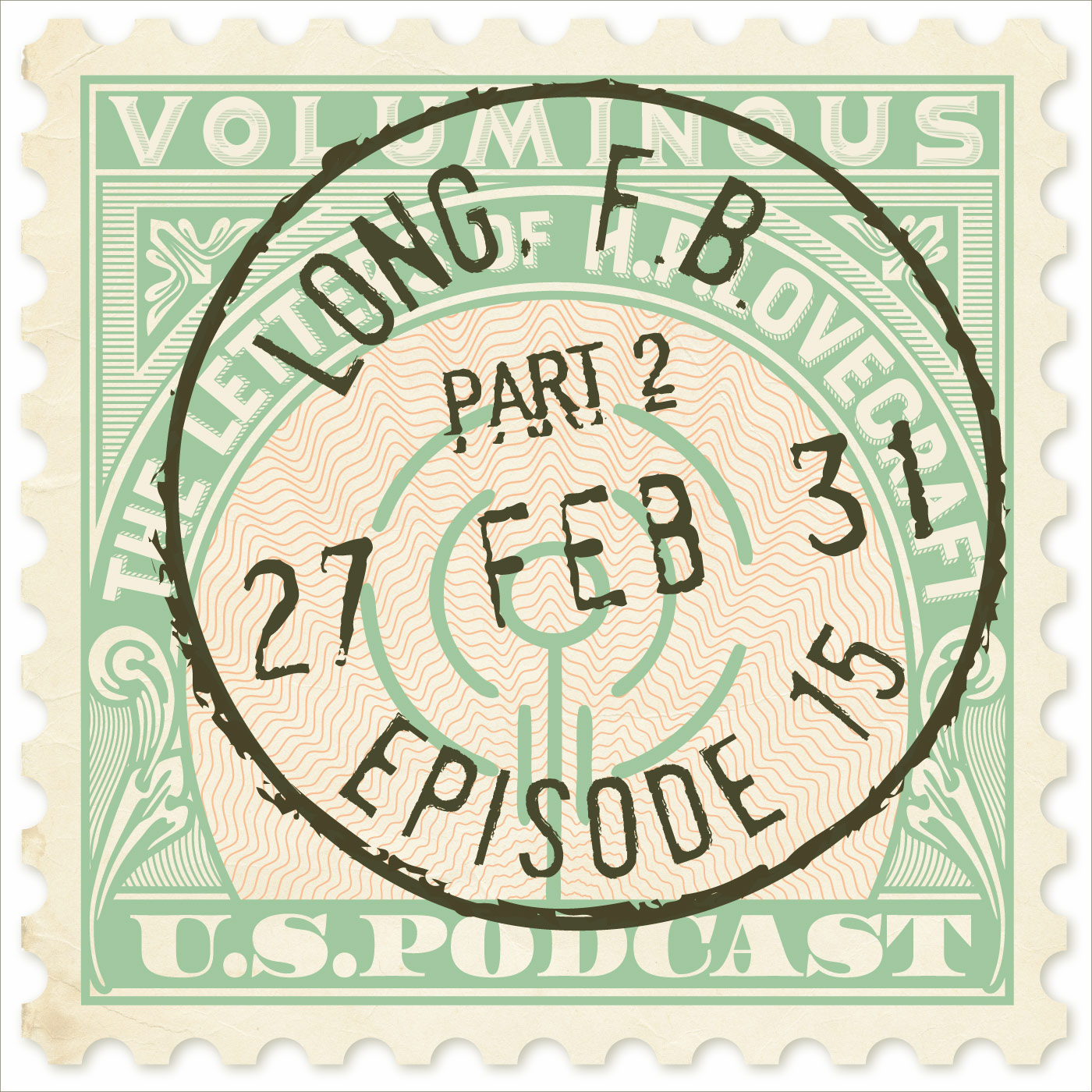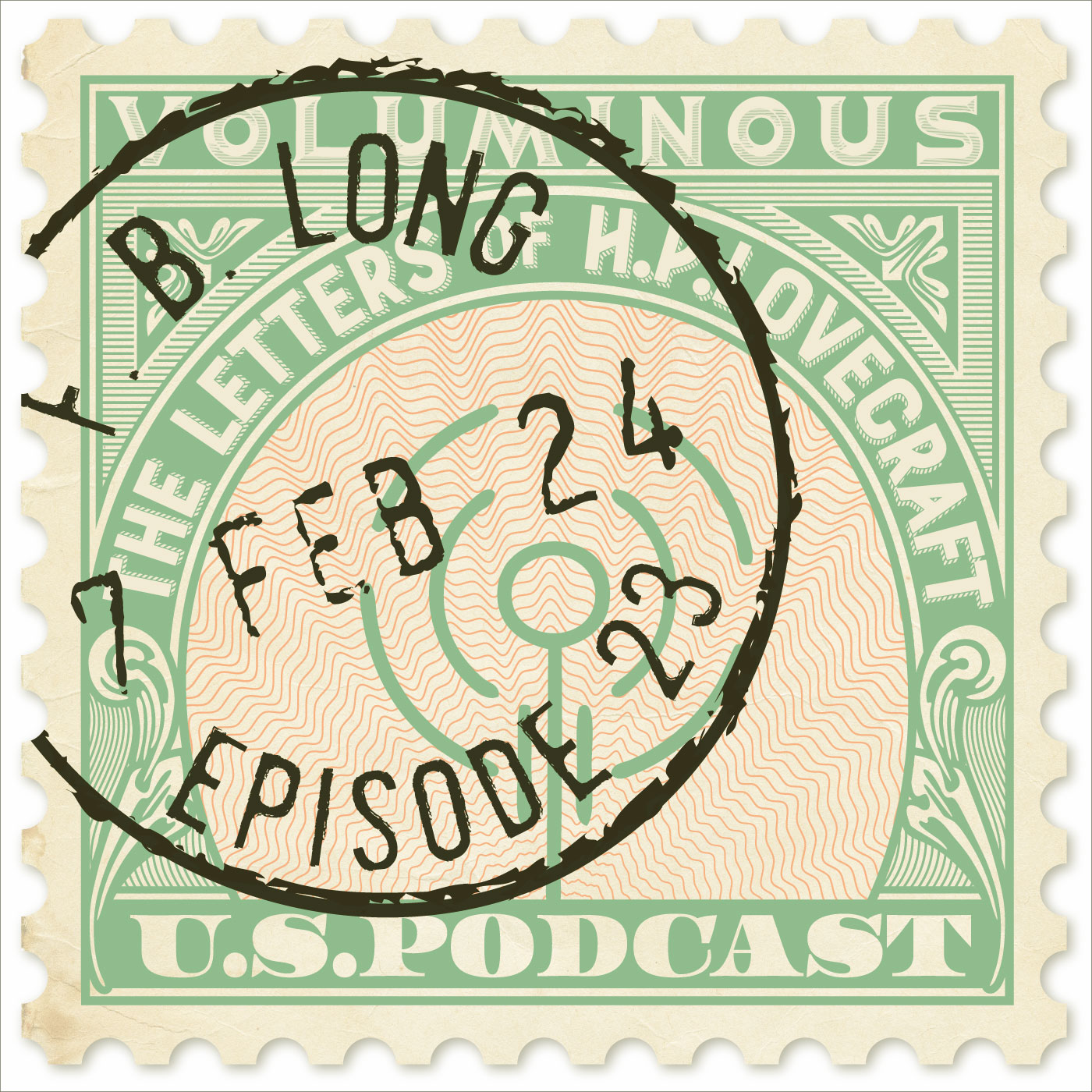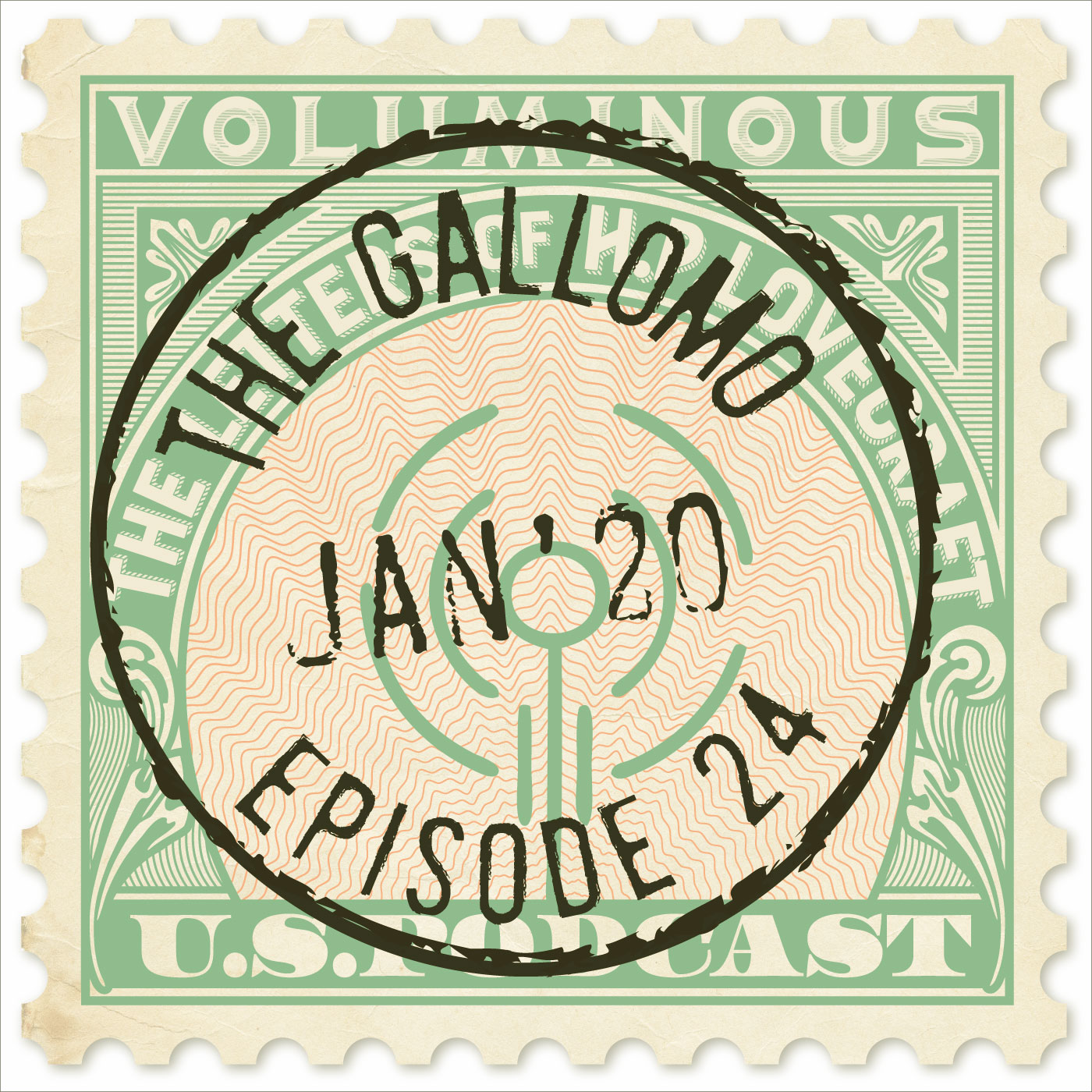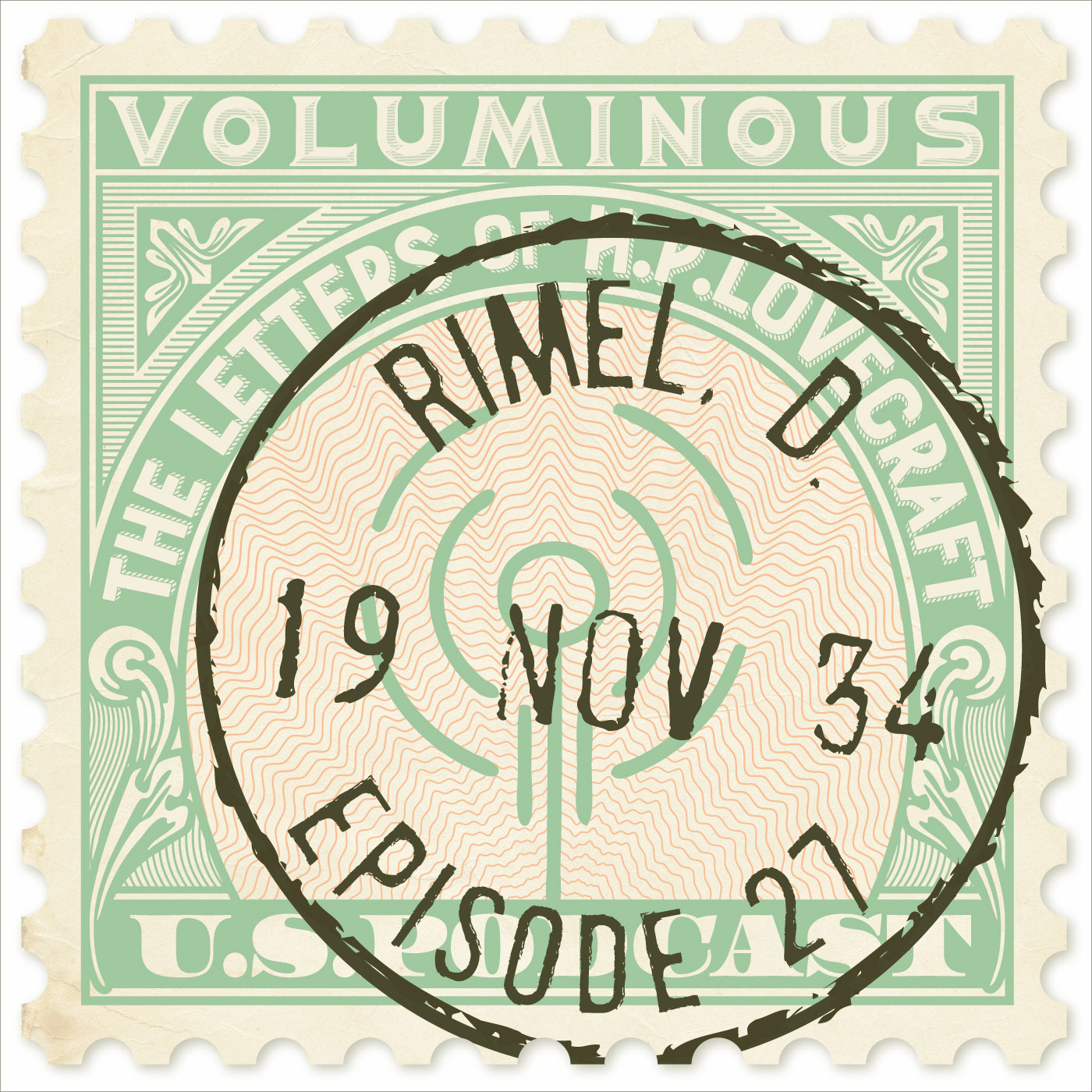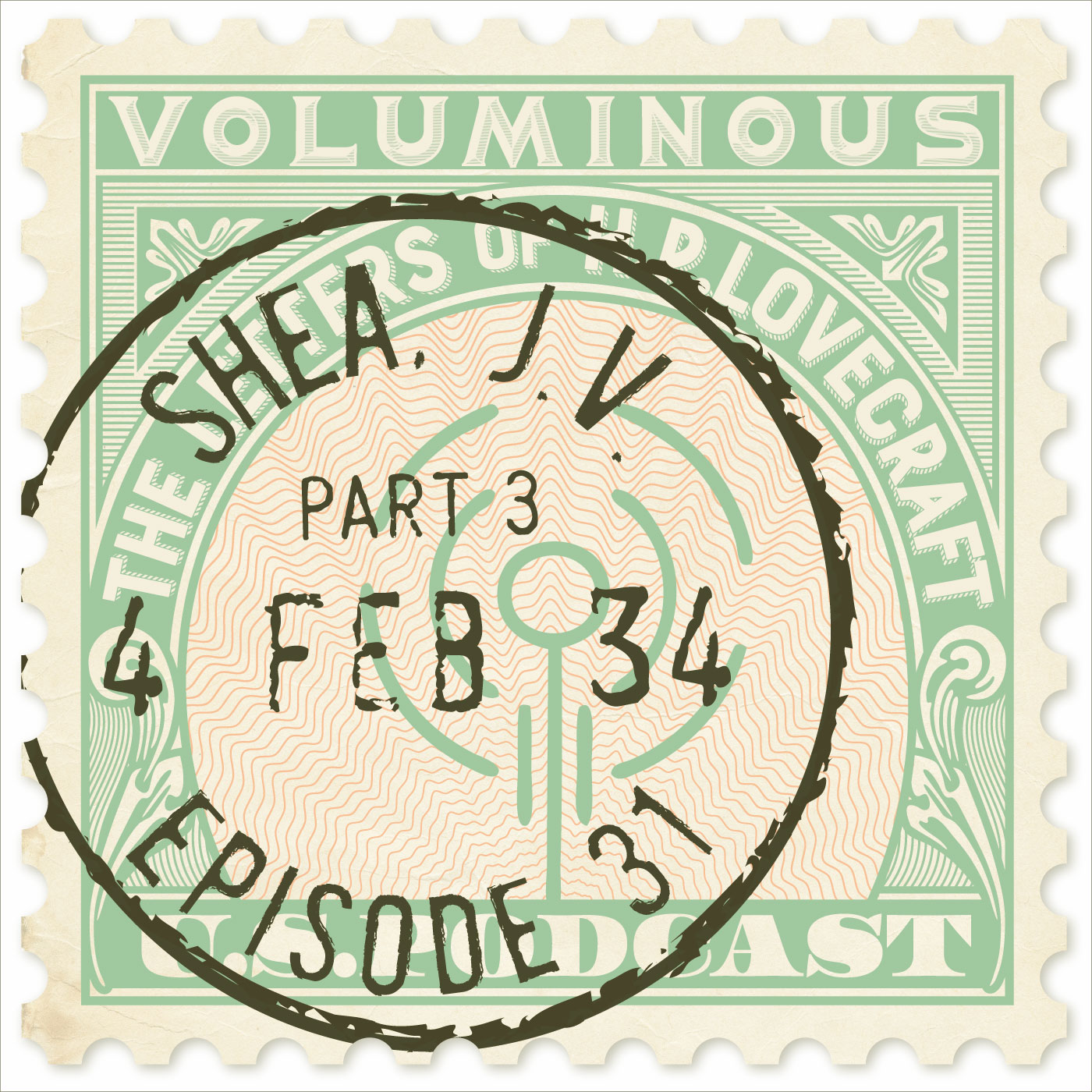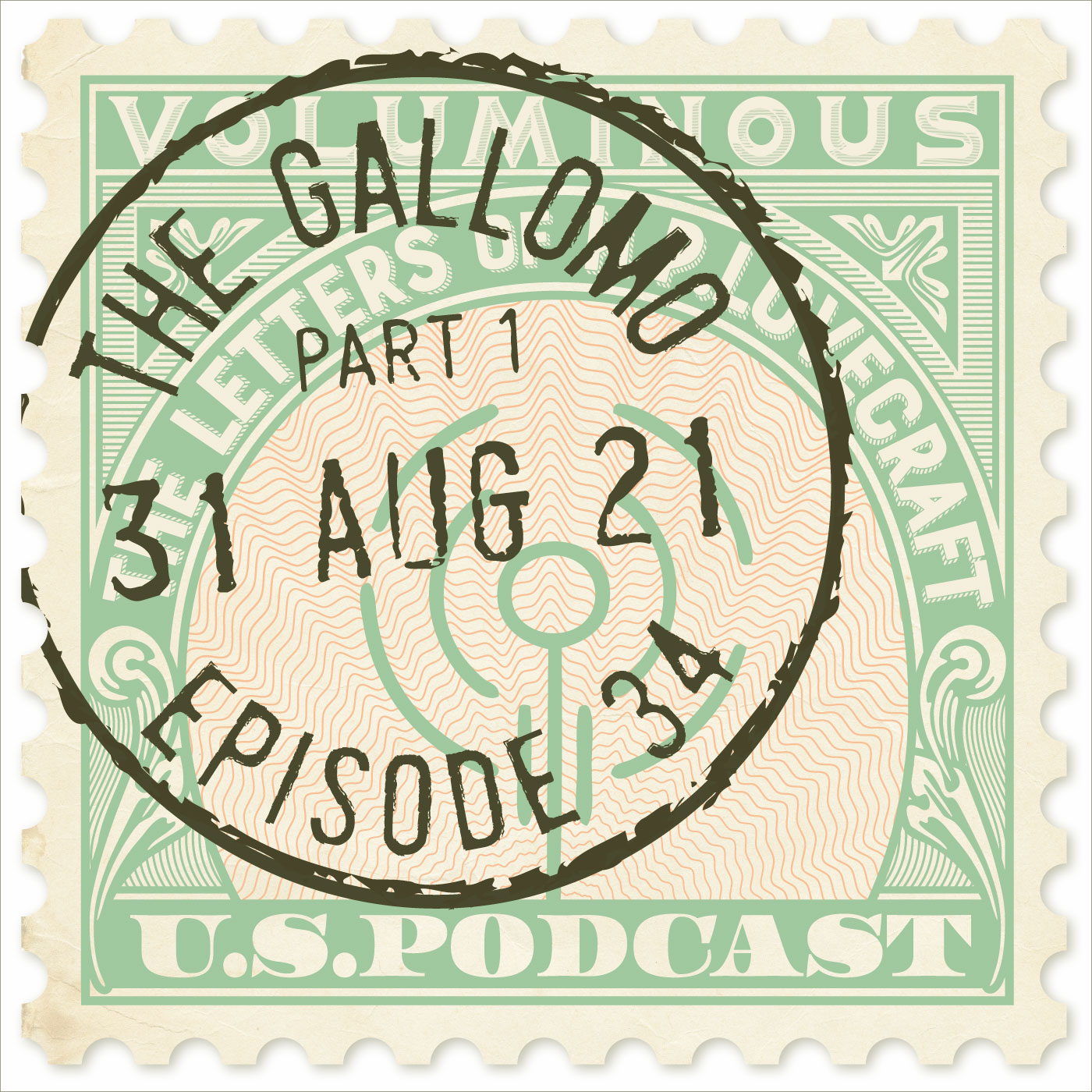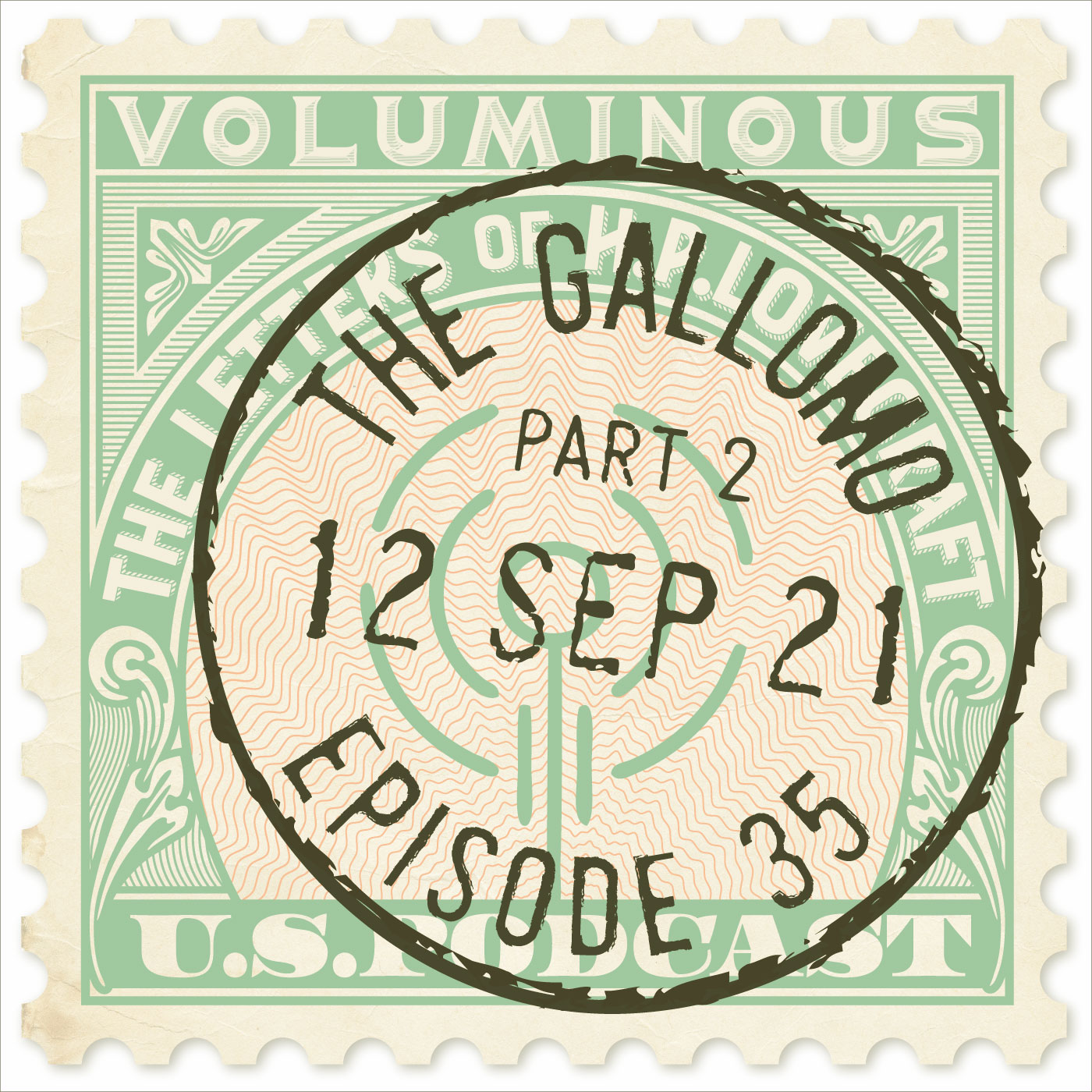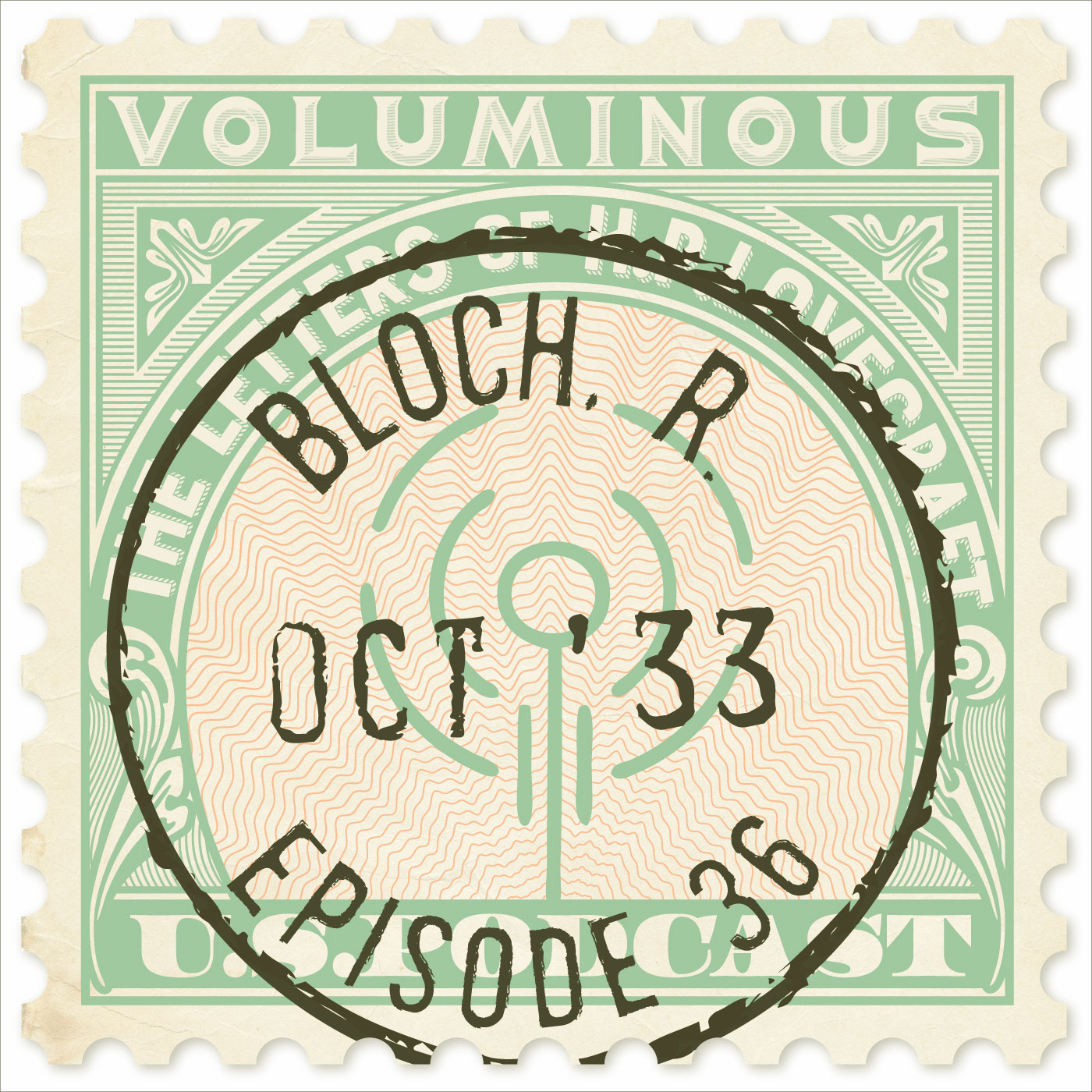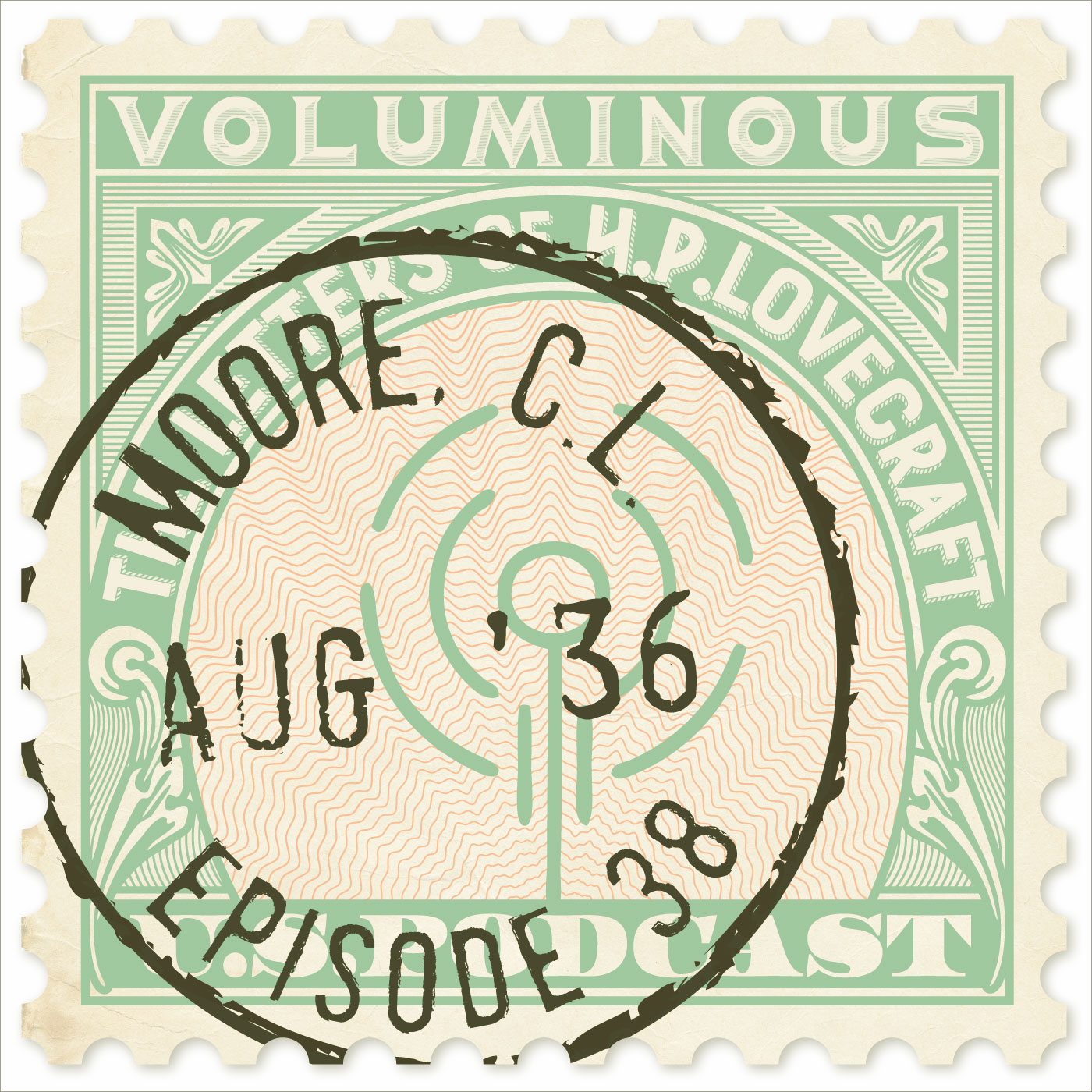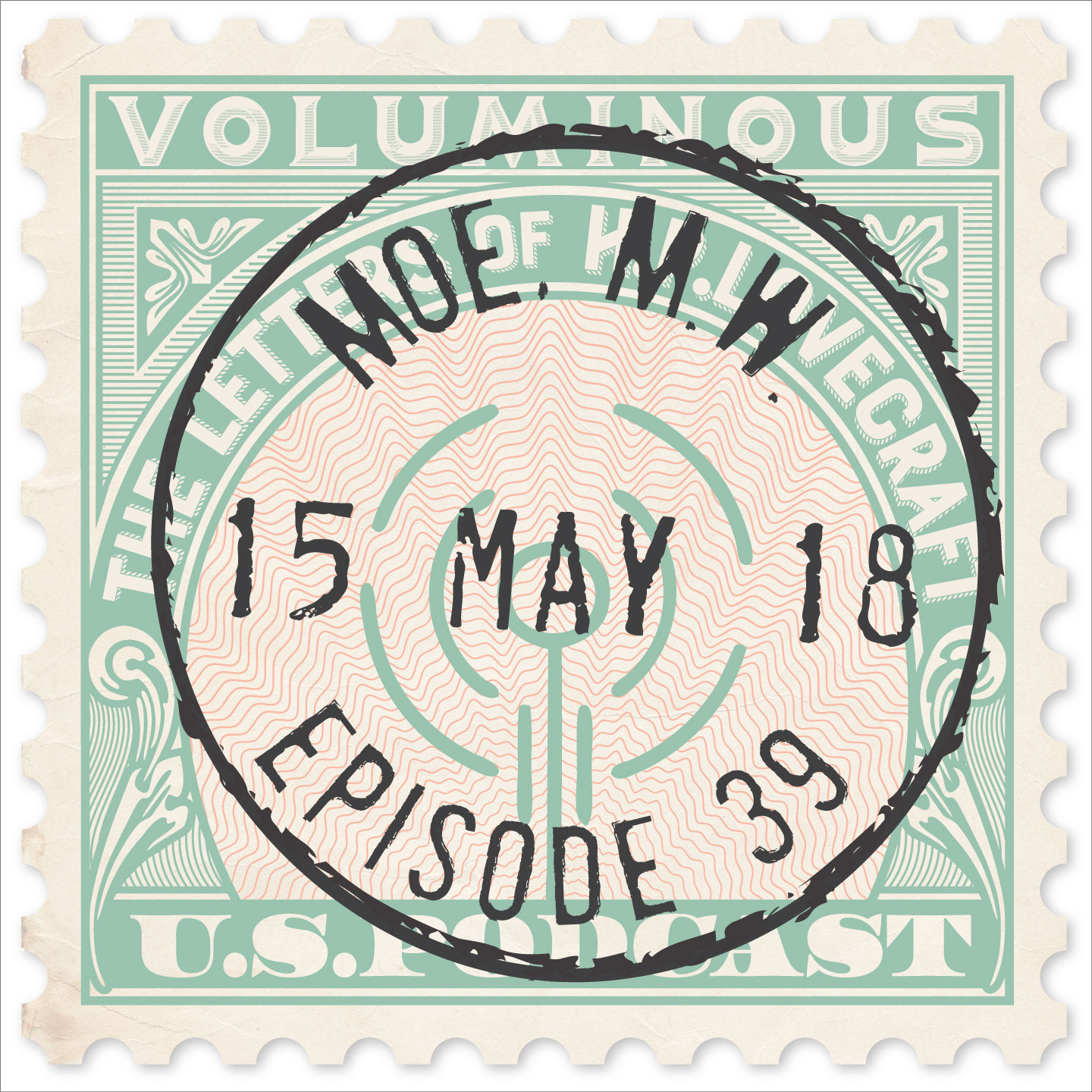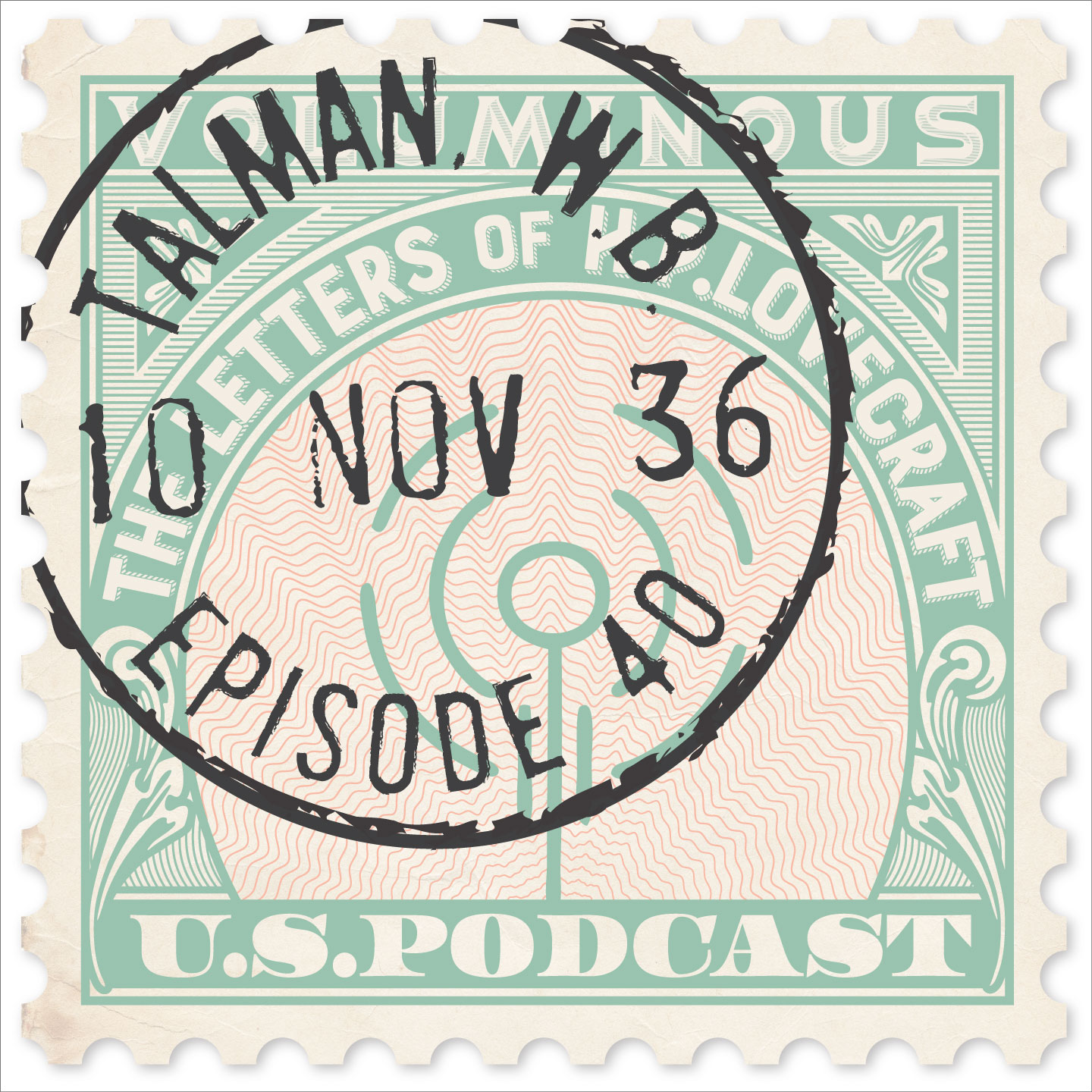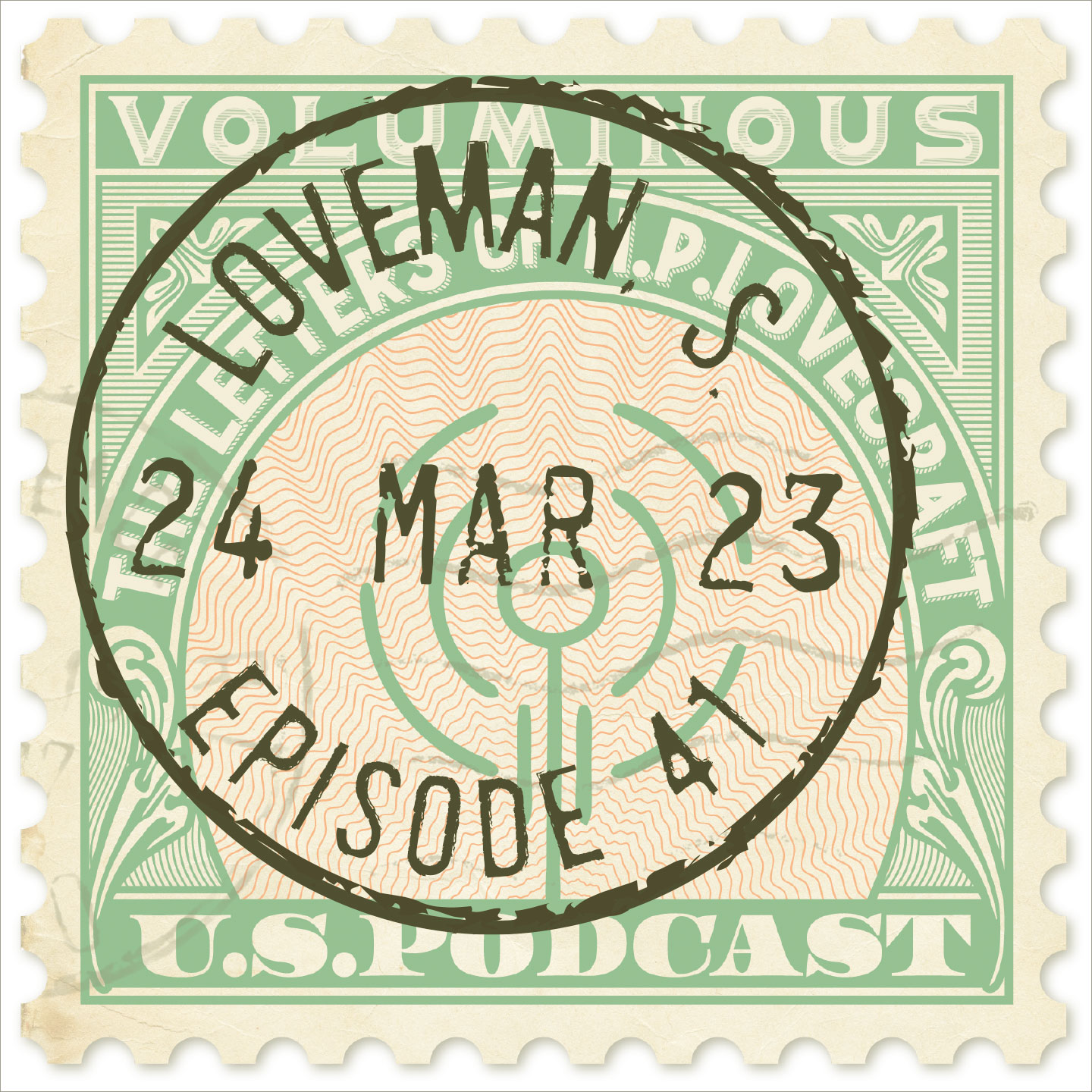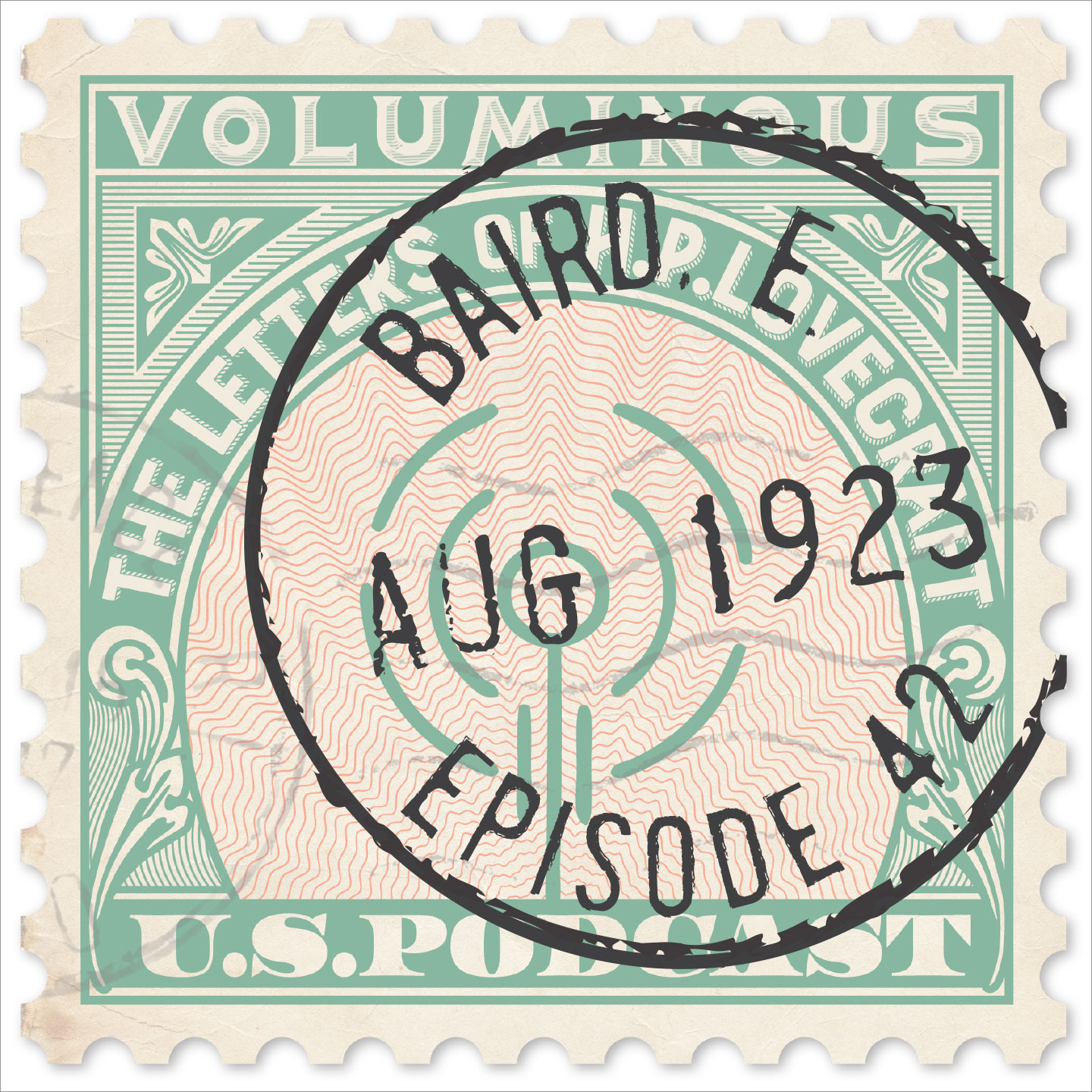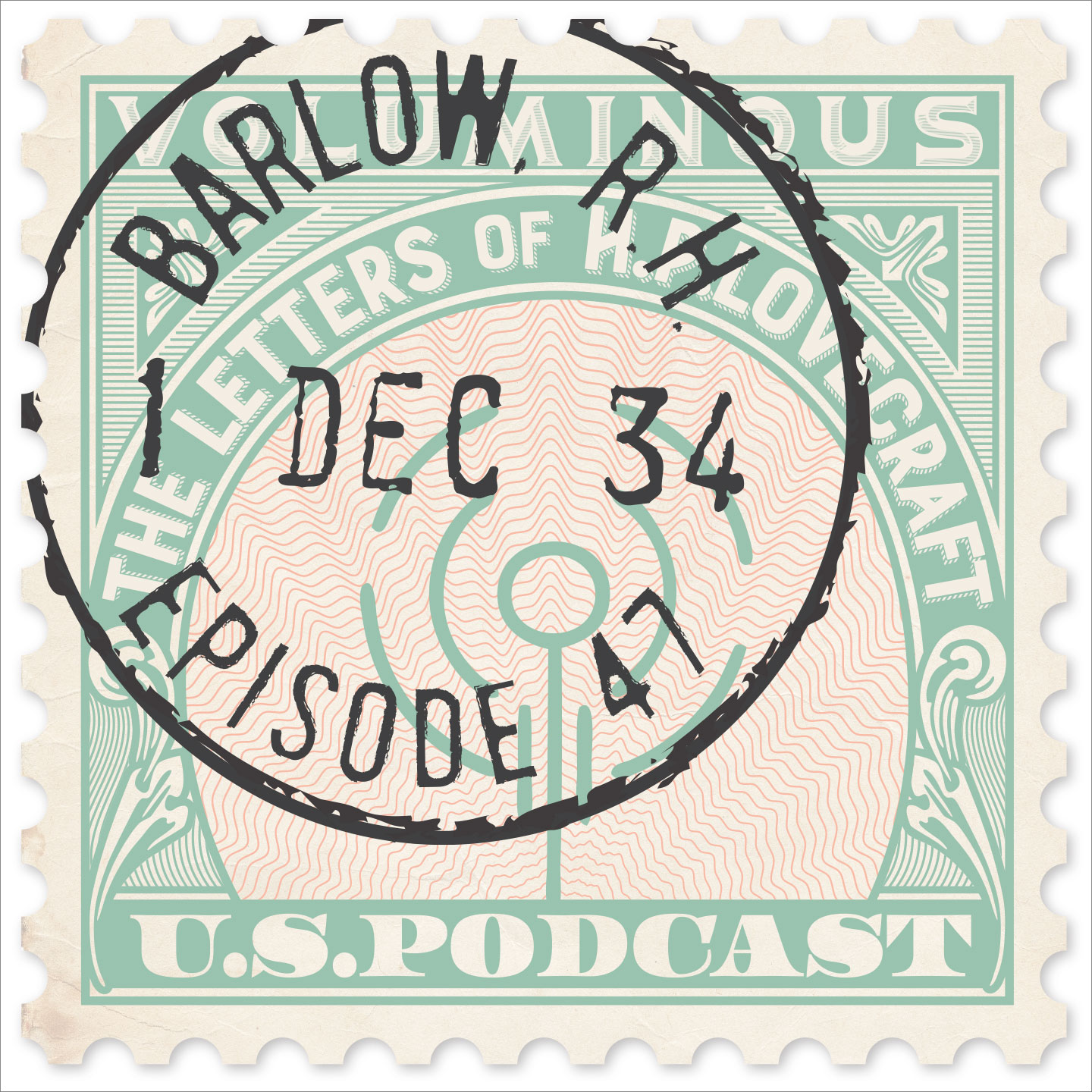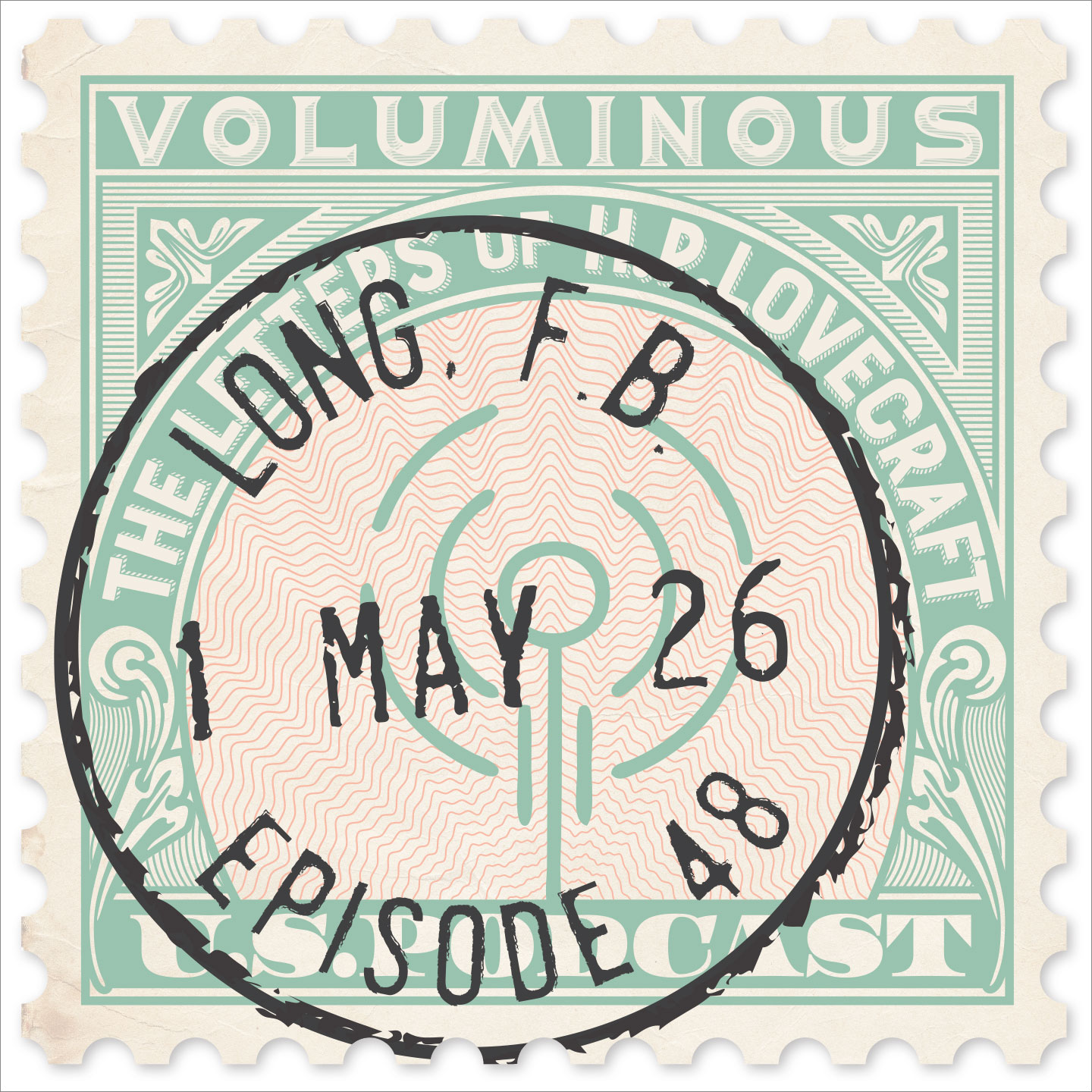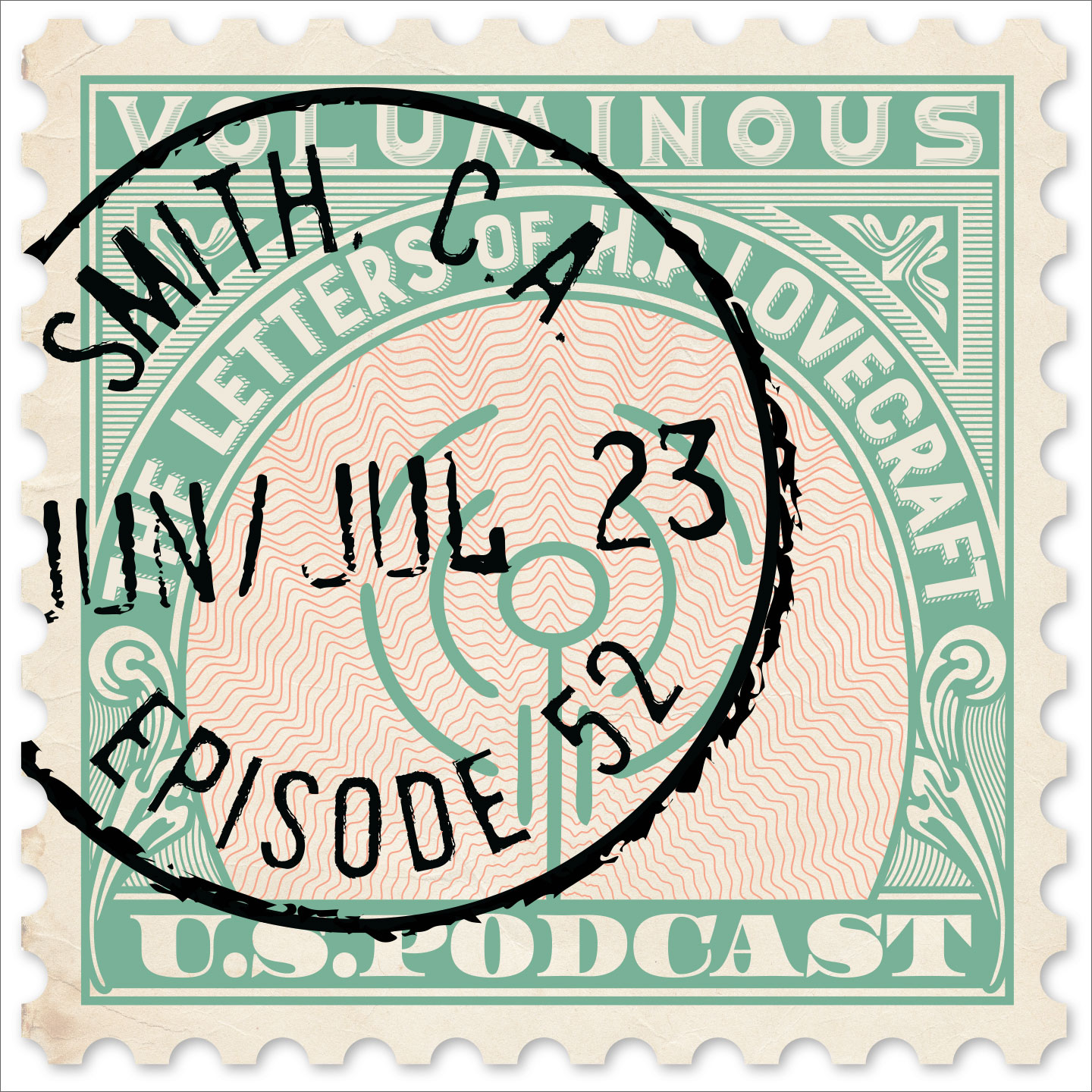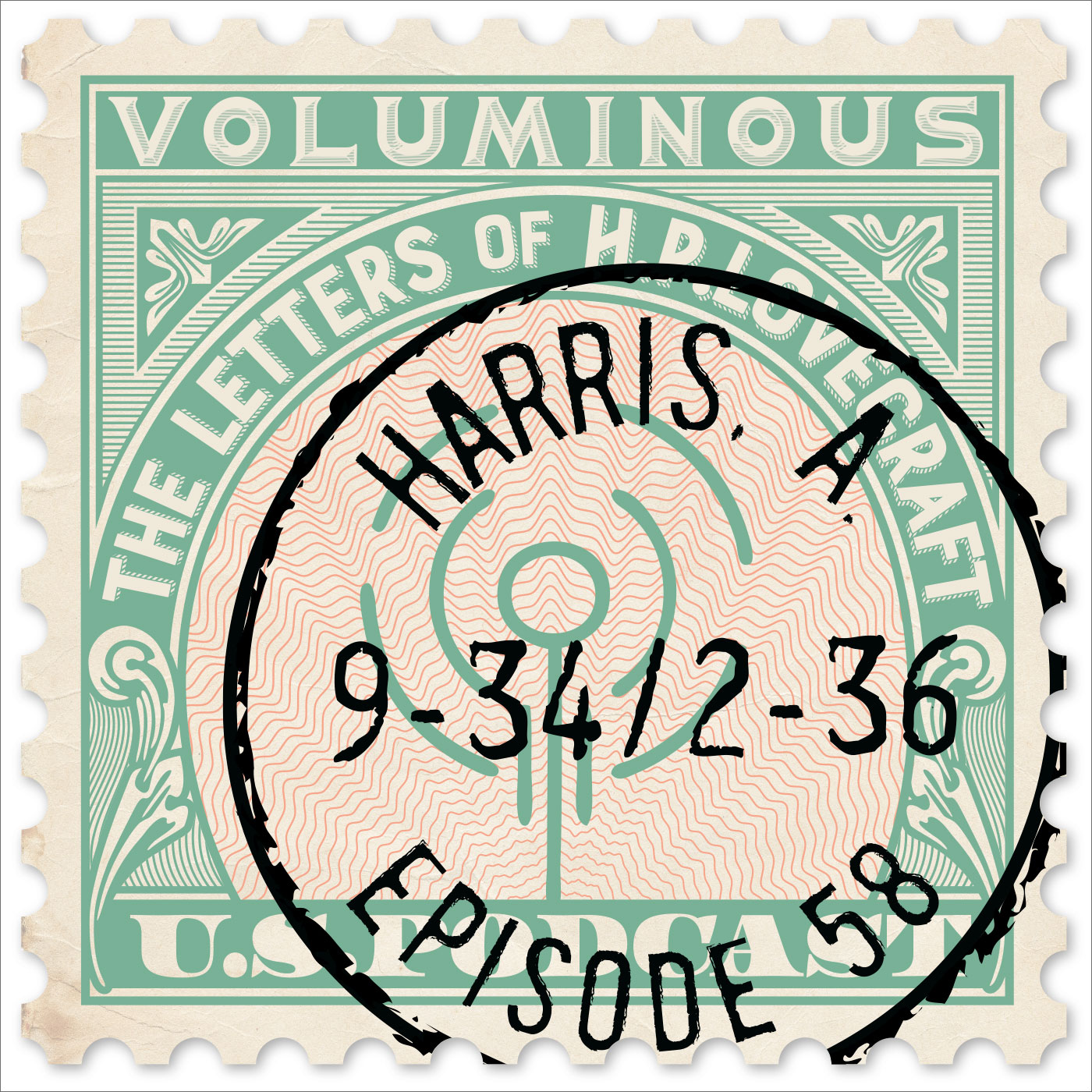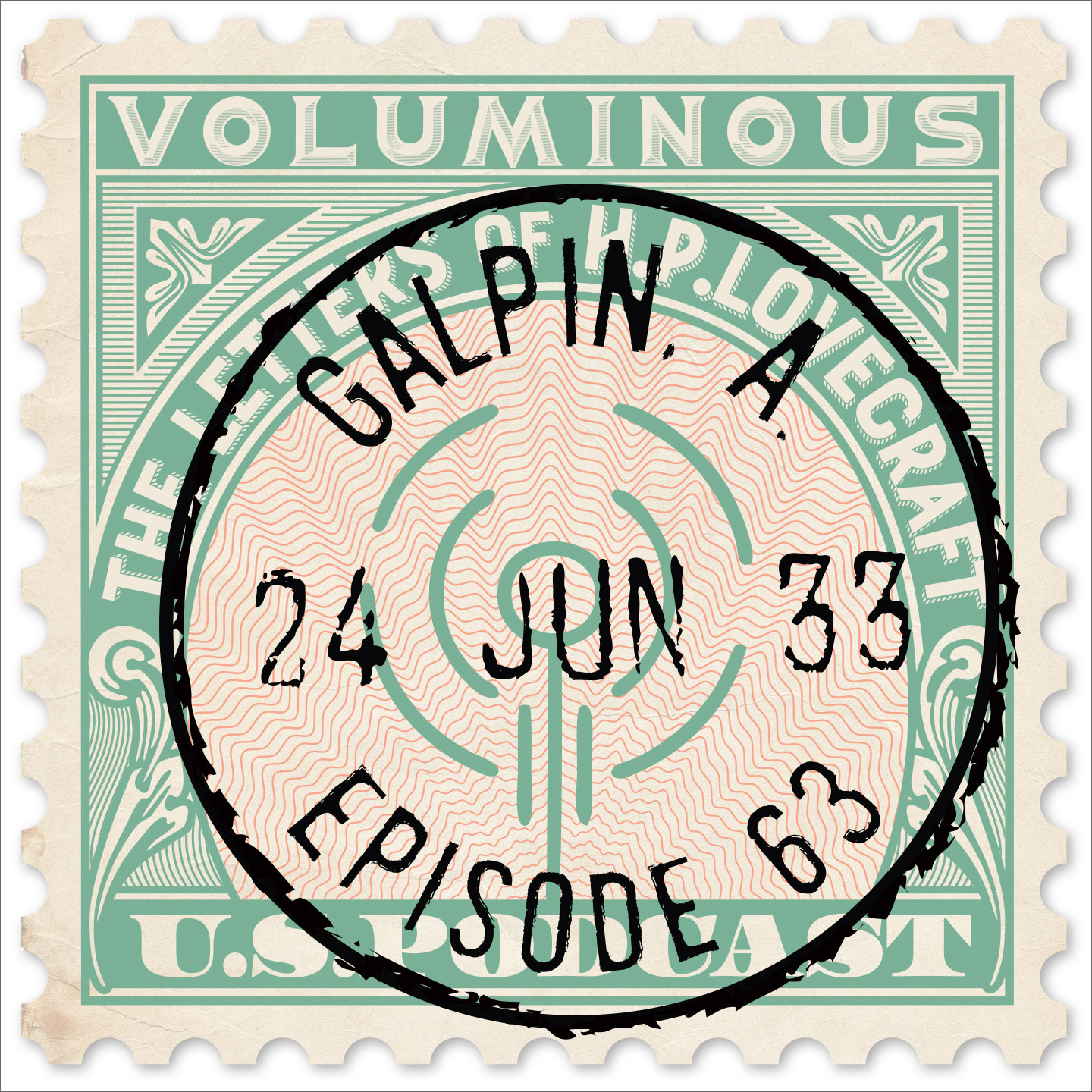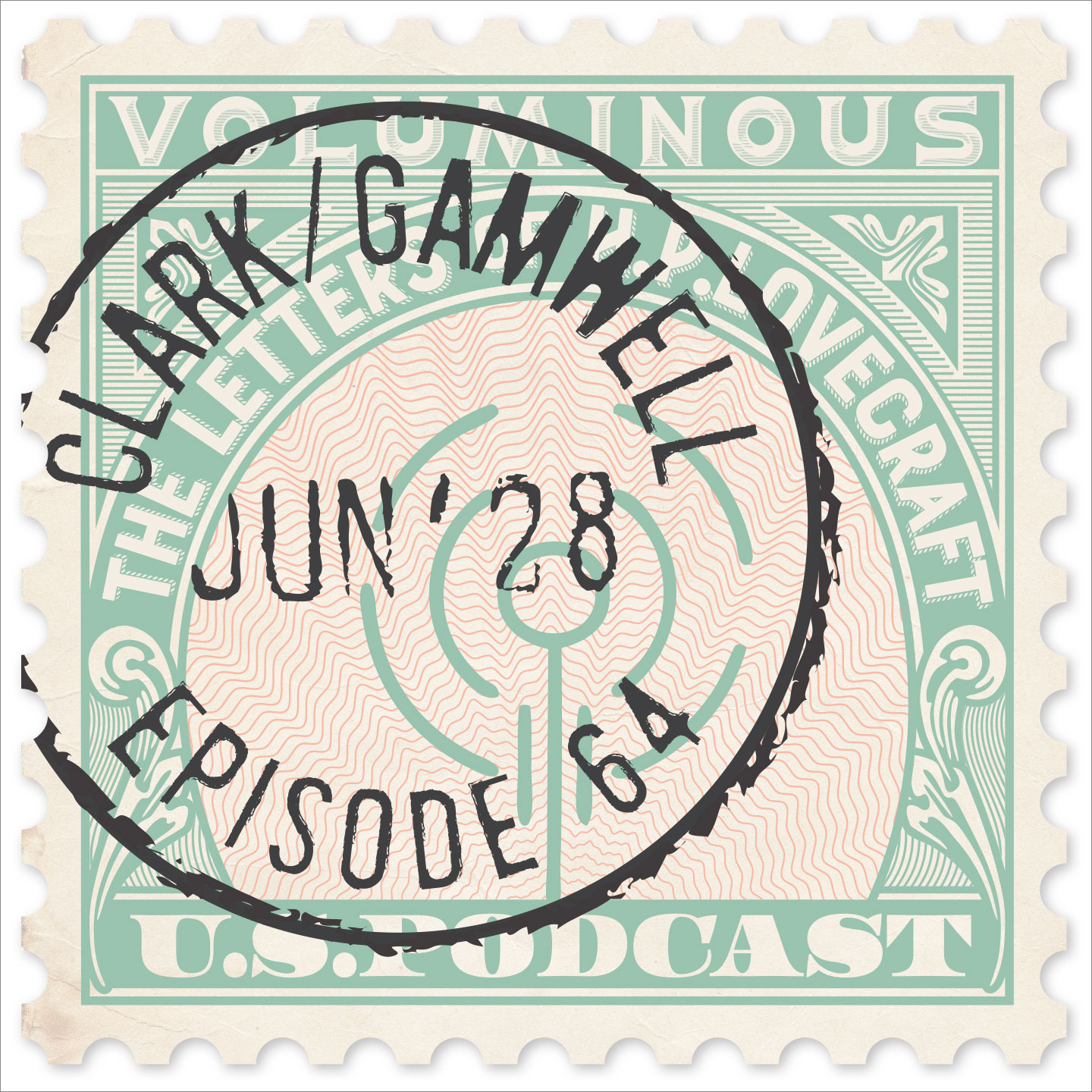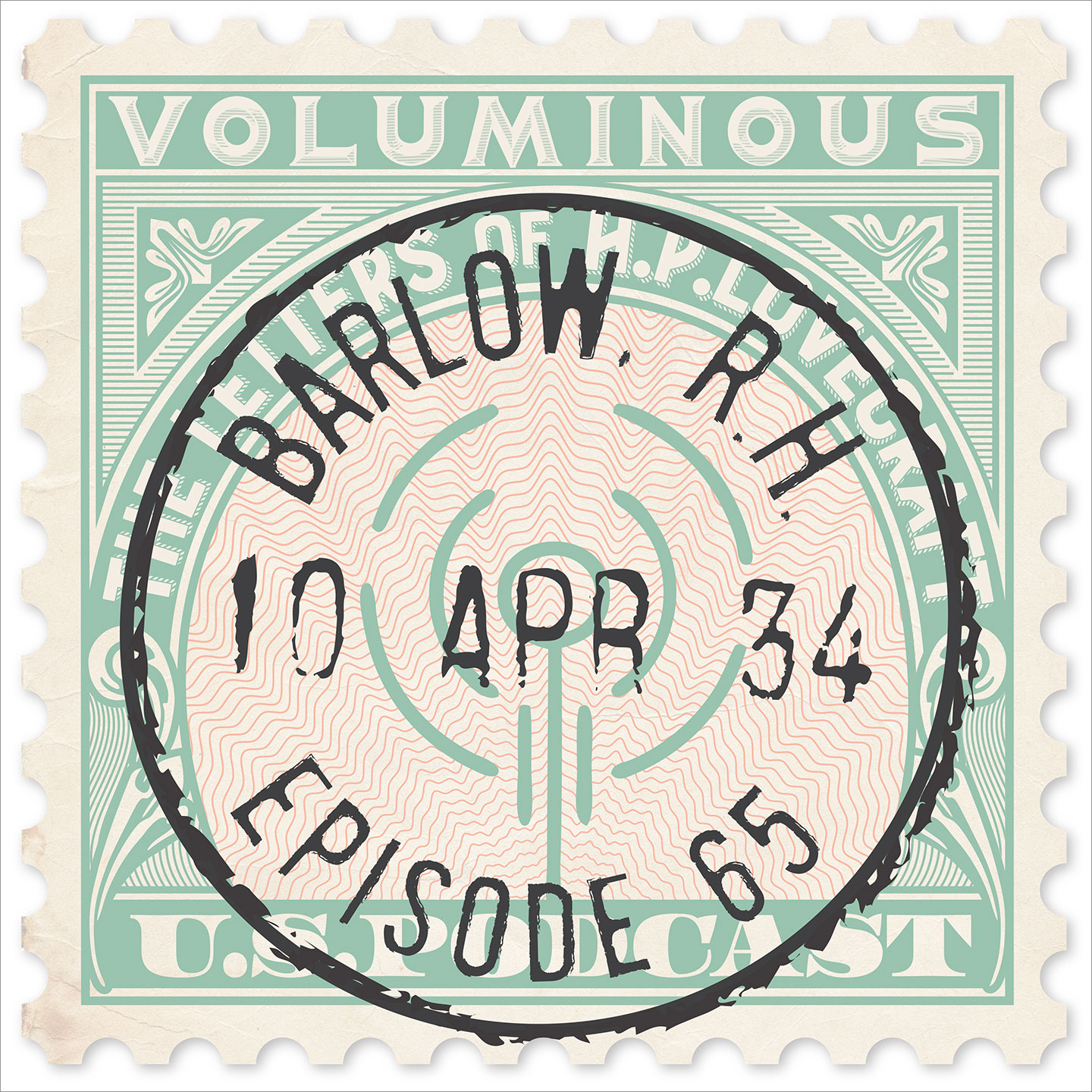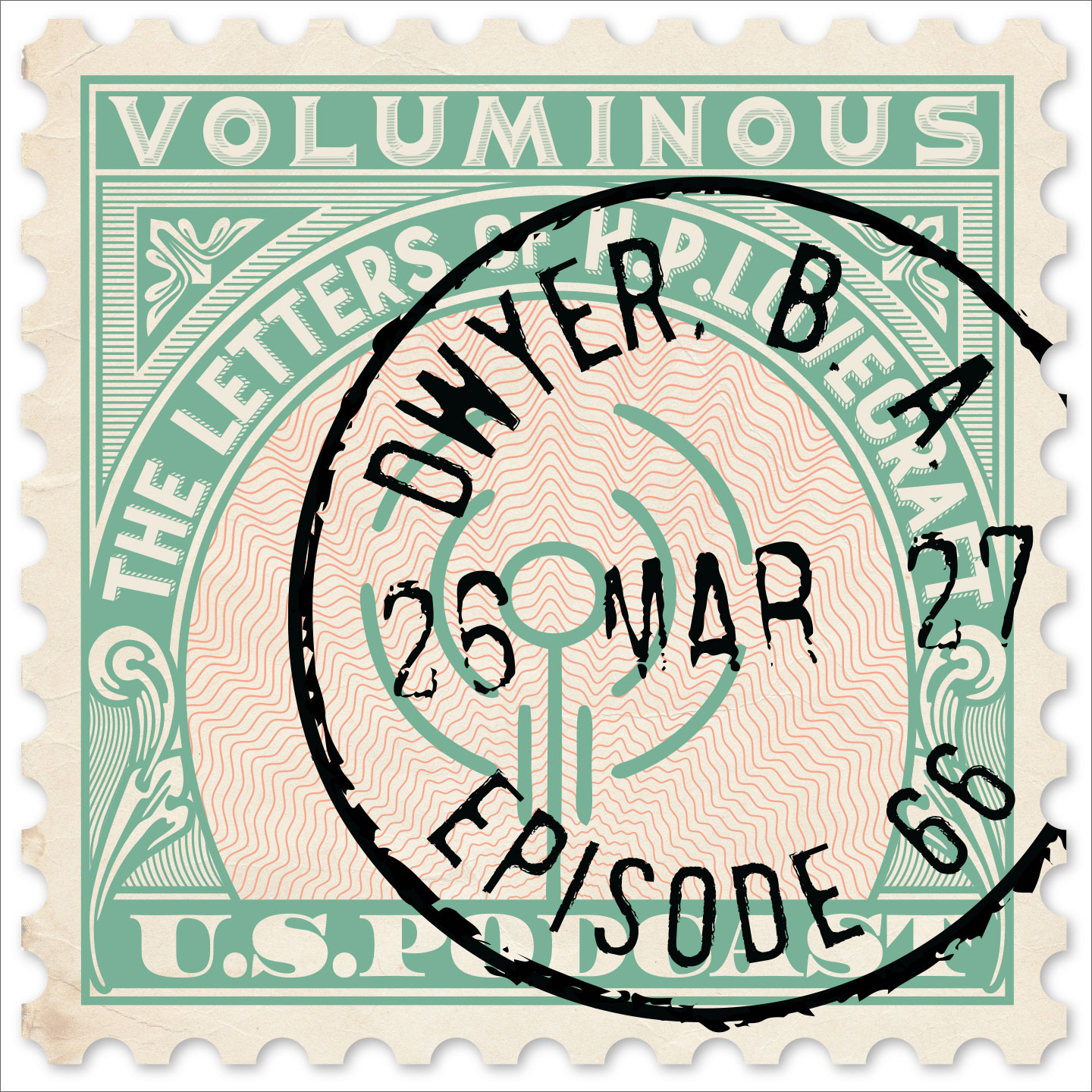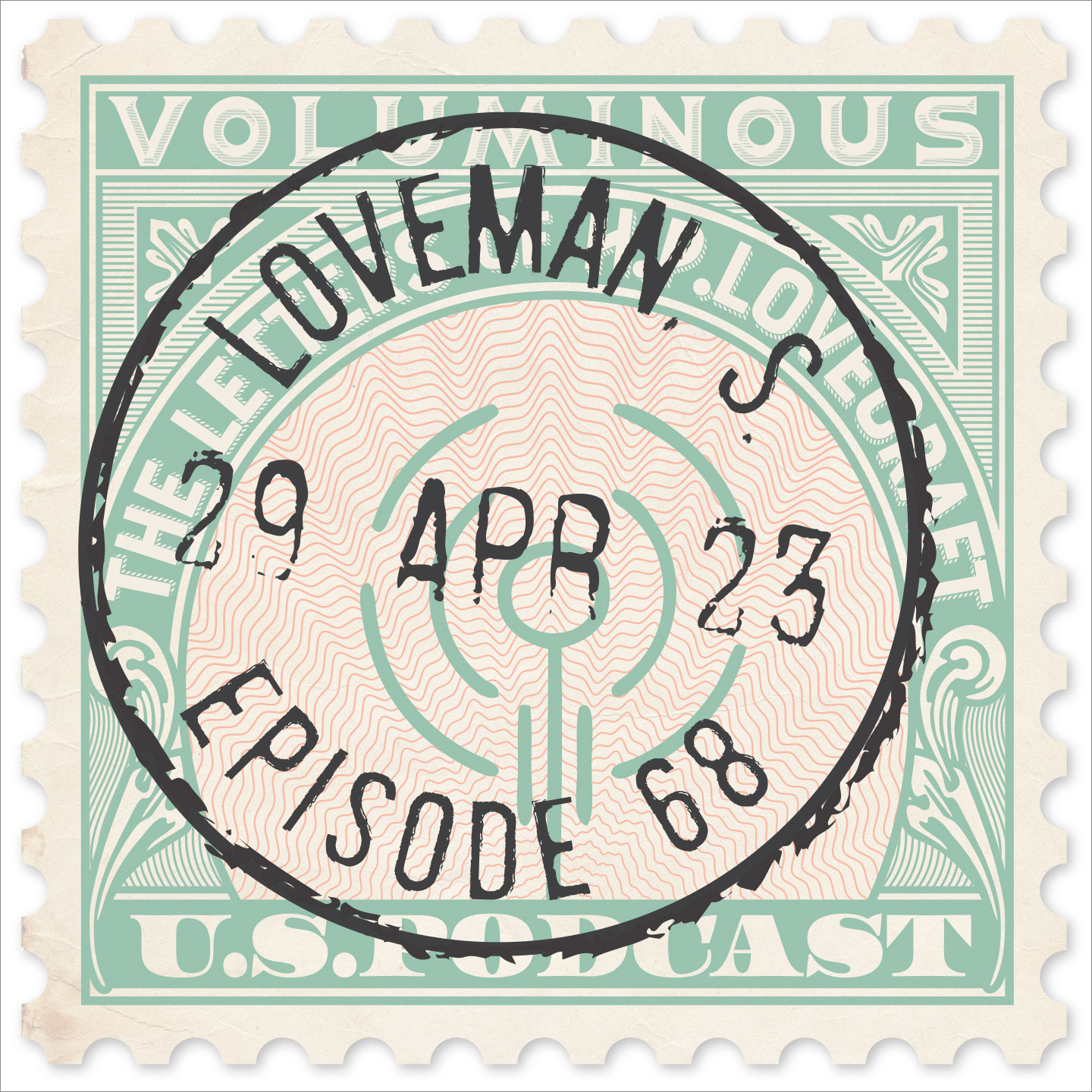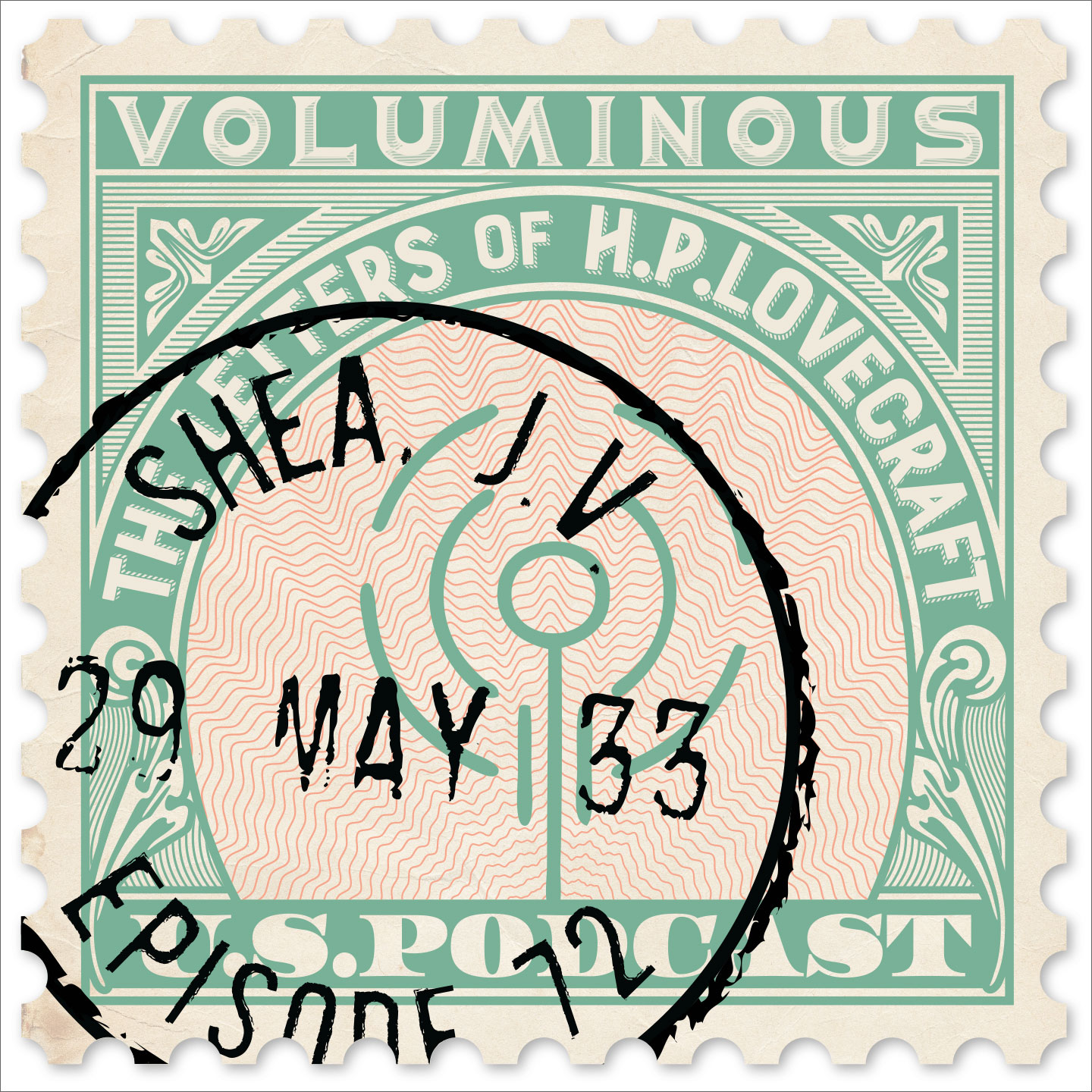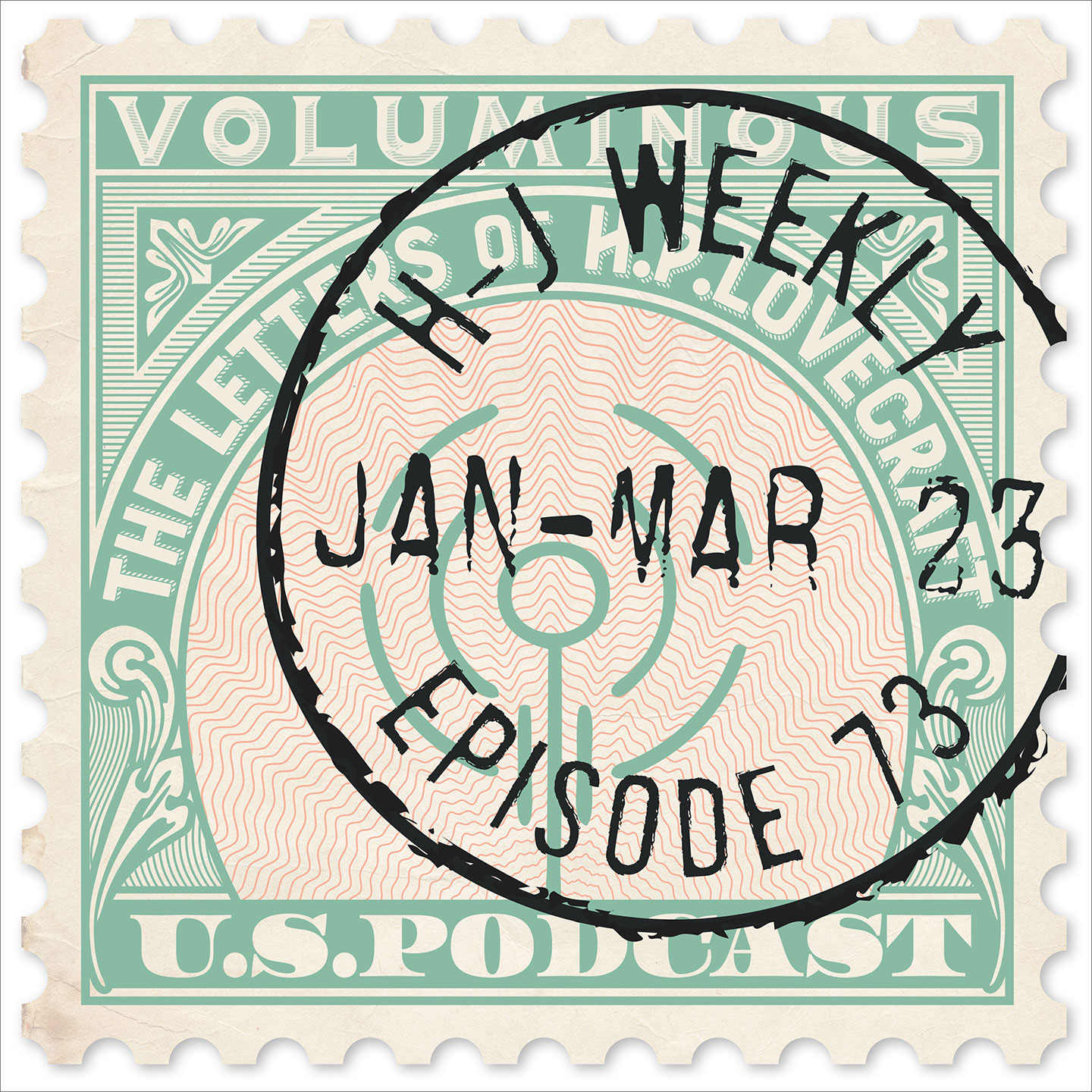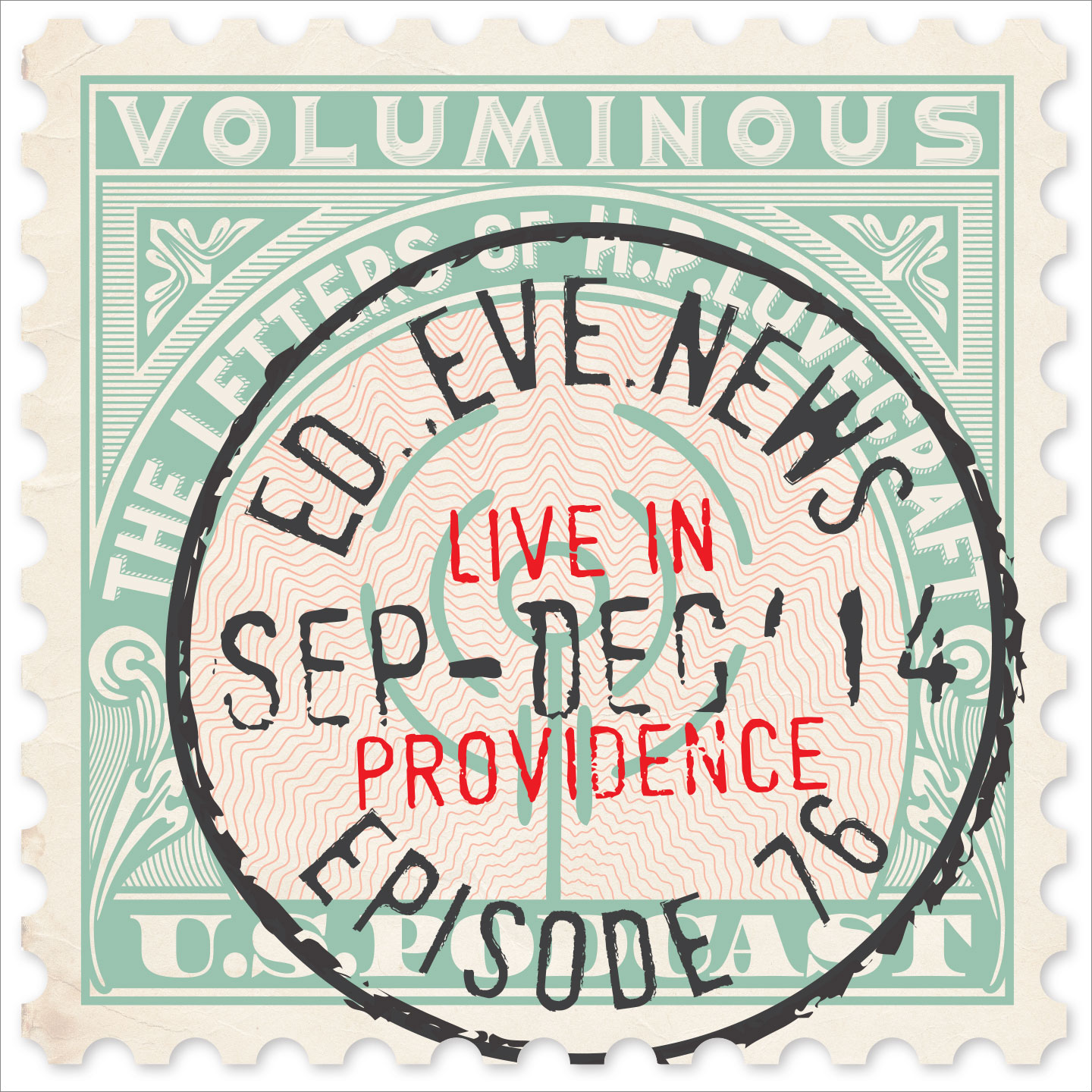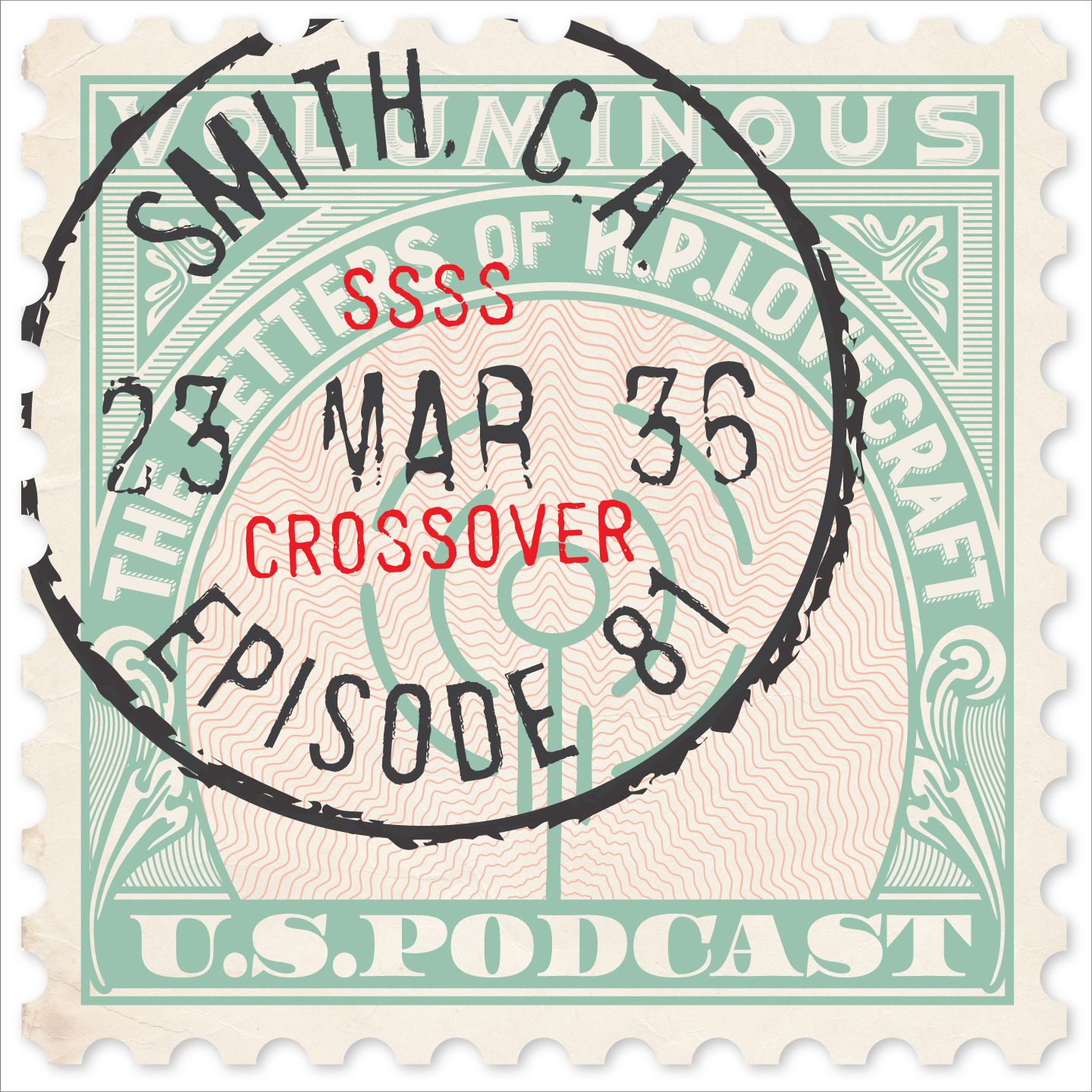
In addition to his classics of horror fiction, it is estimated that Lovecraft wrote 100,000 letters — or roughly 15 every day of his adult life — ranging from one-page diaries to seventy-page diatribes. Perhaps 20,000 of those letters have survived, in the hands of private collectors and at the John Hay Library in Providence.
In each episode of this podcast, we'll read one of these letters (or part of it) and then discuss it. In his letters HPL reveals an amazing breadth of knowledge of philosophy, science, history, literature, art and many other subjects, and forcefully asserts some highly considered opinions (some of which can be upsetting).
And of course his letters offer a fascinating window into his personal life and times. Although we've been working with Lovecraftian material for over 30 years, we still find interesting new things in his letters, and while we don't claim to be experts we look forward to sharing them with a wider audience.
You can subscribe via iTunes, Stitcher, Overcast, Spotify, or wherever you get podcasts! Or listen right here!
RSS Feed- Episode 17
- Posted February 16, 2020
Spanking Sonny Part 4: About Art
In the thrilling conclusion of our coverage of Lovecraft's eternal letter, he tells Frank Belknap Long everything he fails to understand about art, history and much more. Lovecraftian opinions abound in this vigorous diatribe. Although we are throwing in the towel after this section, the letter itself does indeed go on for quite a bit longer. Maybe we'll come back to it someday....
Music by Troy Sterling Nies. Transcript by Olivier Decker. Our thanks to Arkham House for making this letter available in Selected Letters: Vol. III.
This part of the letter contained more references than we could follow up in the discussion, but here's a specific one. Lovecraft quotes Alfred Galpin as describing the gang as "Epigoni". The Epigoni were figures from Greek mythology, the sons of the soldiers who fought in the first Theban war. They later attacked Thebes to avenge their fallen fathers.
It's true we never get to the part of the letter where HPL mentions Jack Dempsey. Here it is, after he writes for a page or two about his criteria of excellence in homo sapiens and ideal of manly strength, and citing Alexander the Great as an example: "Well, Sir, if my previous letters have wrongly given the impression that I worship the Dempsey or Neanderthal type, the preceding ought to be enough to set things straight. All I need add, is that I make no pretence at all of coming anywhere near the type I admire. That ought to be have been evident from the first — indeed, no one can even begin to be civilised until he ceases to associate himself with this abstract conceptions of excellence. You are perfectly right in saying that it is the weak who tend to worship the strong. That is my case exactly."
